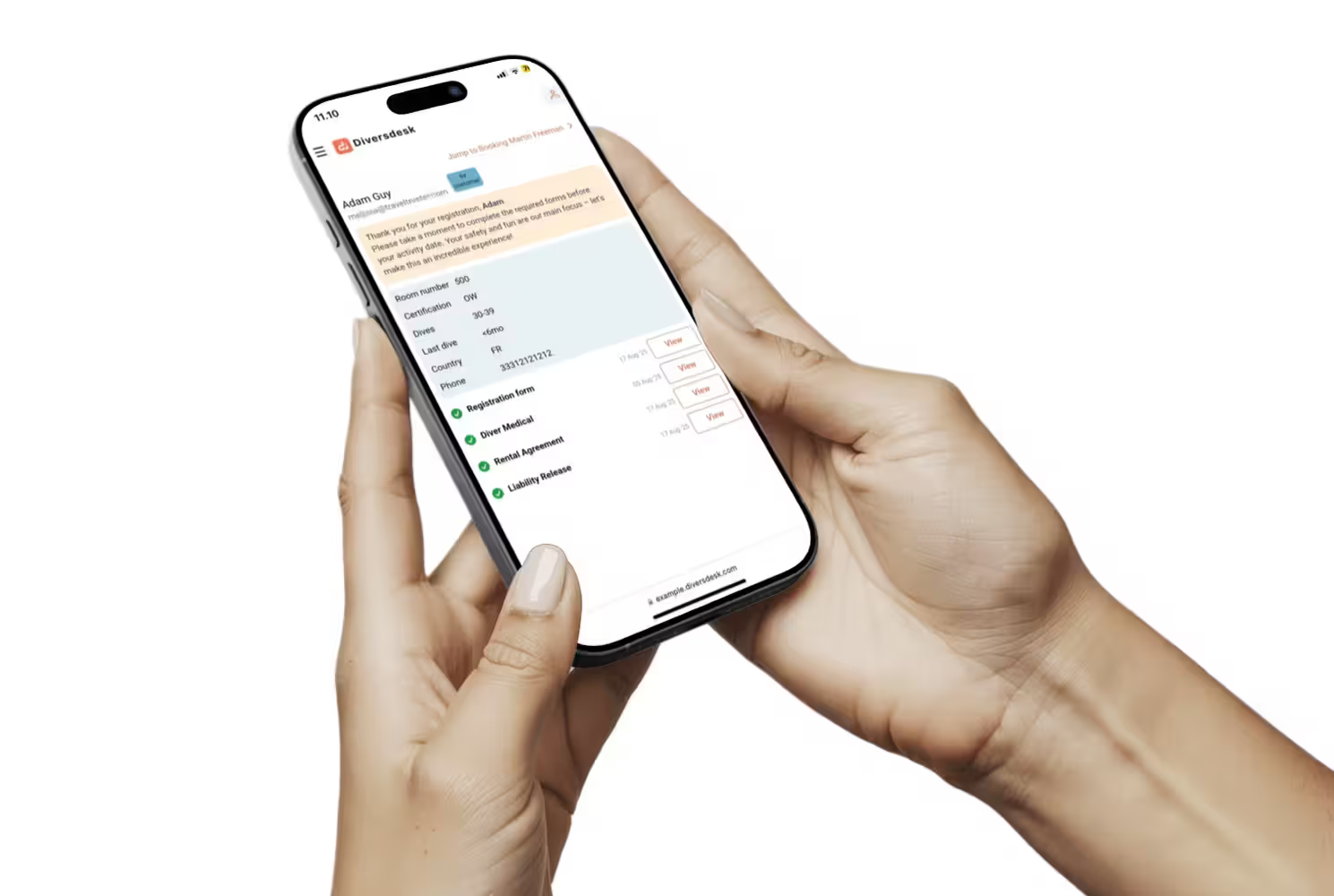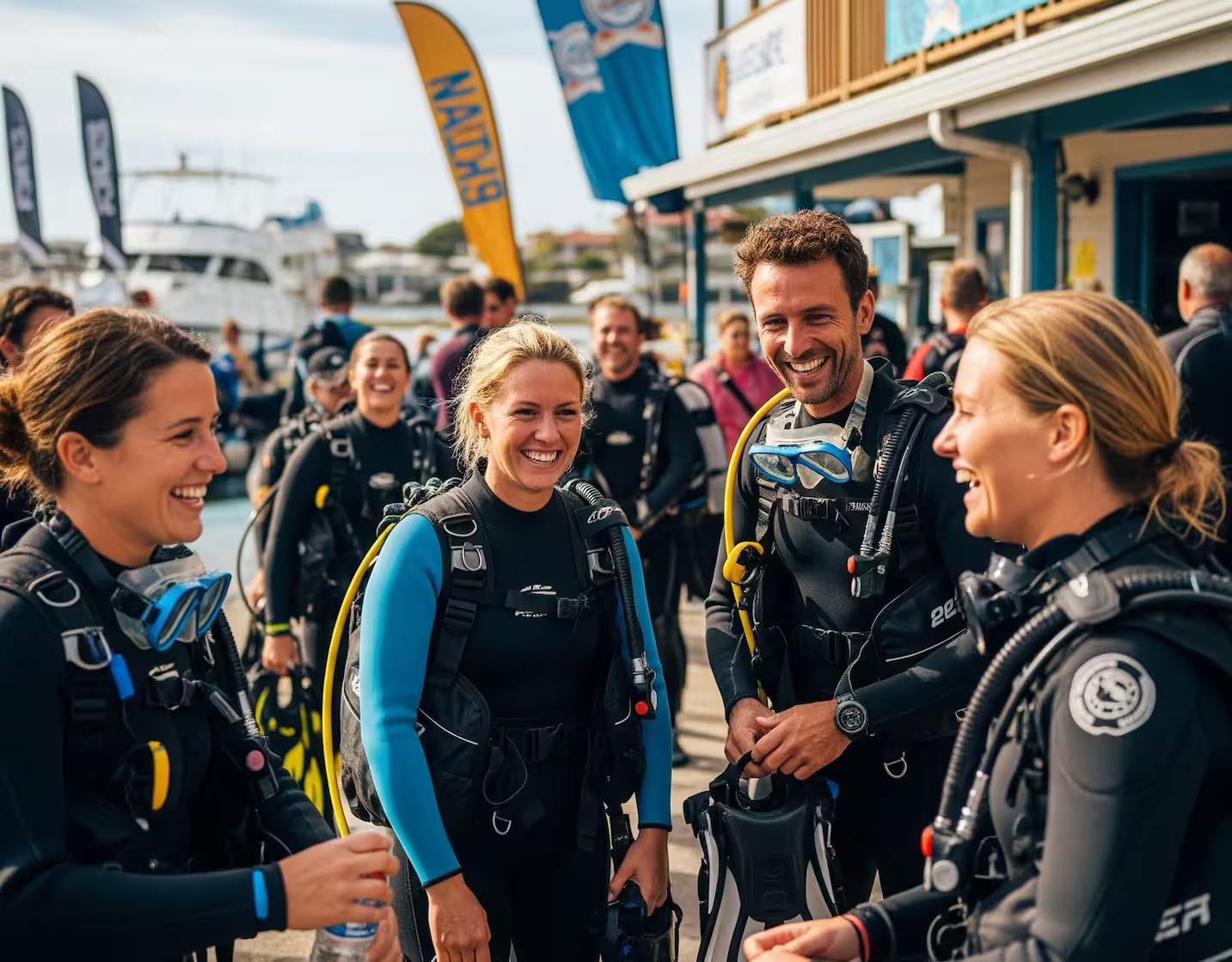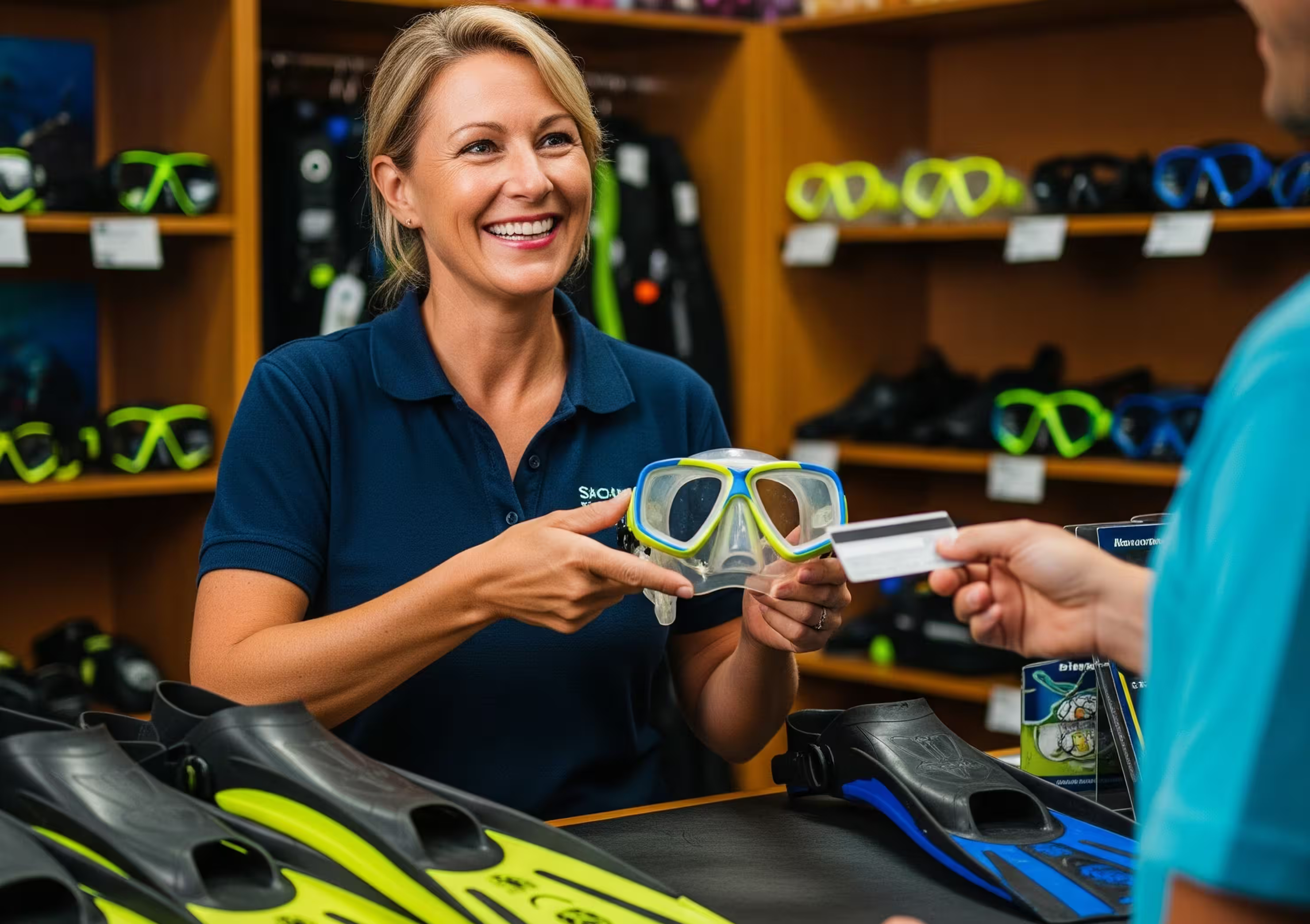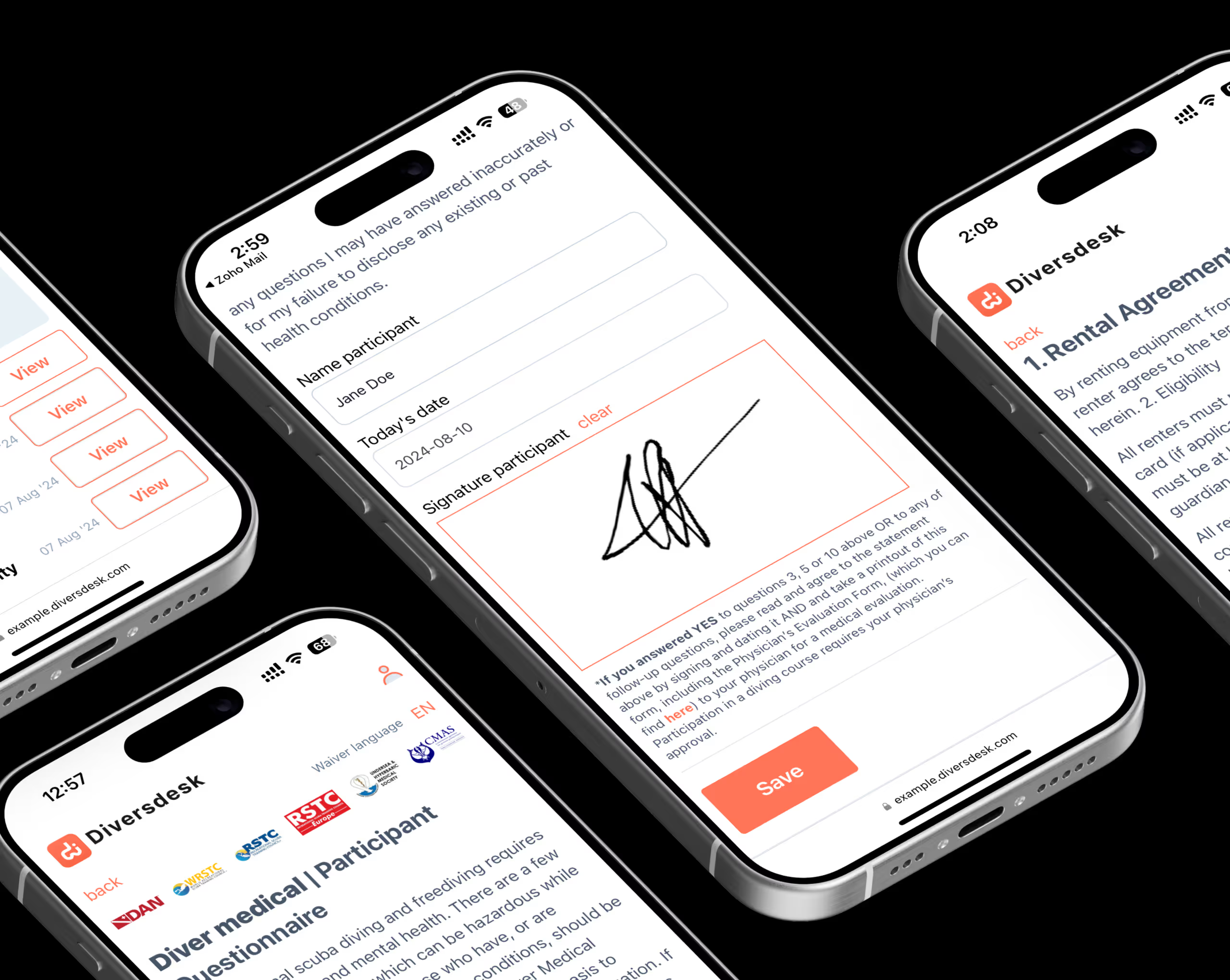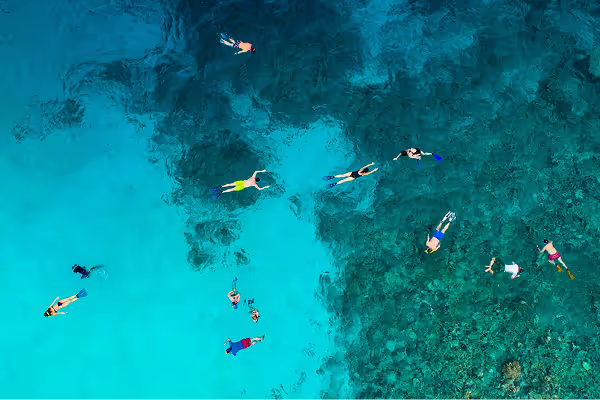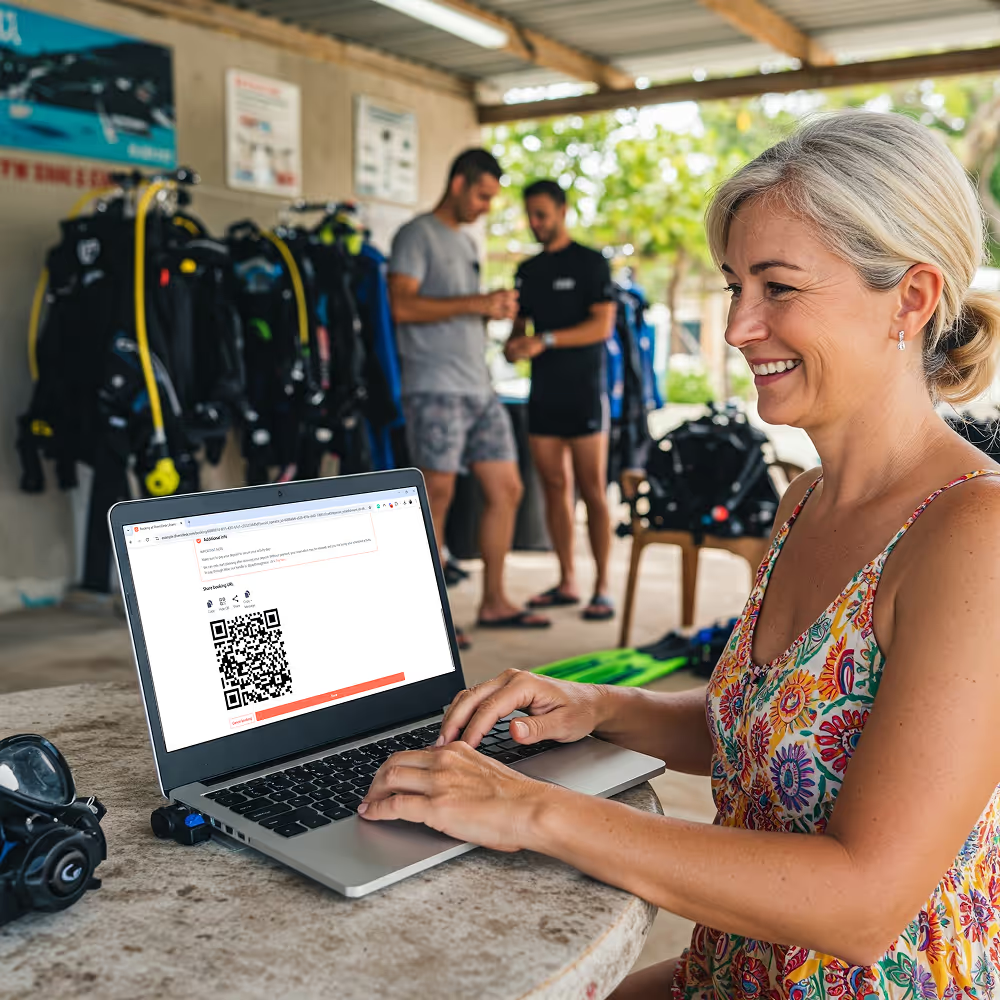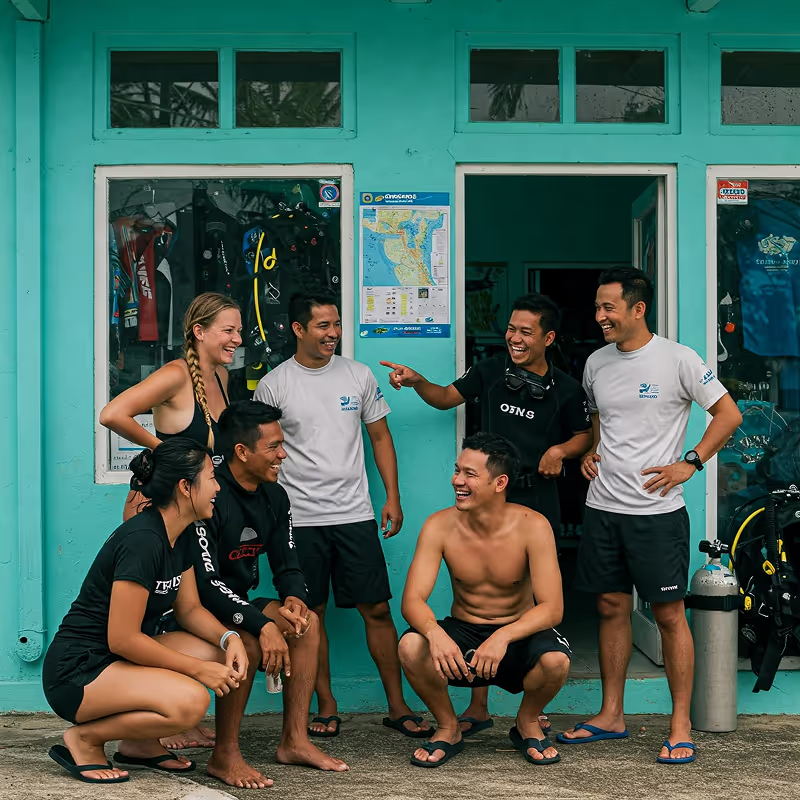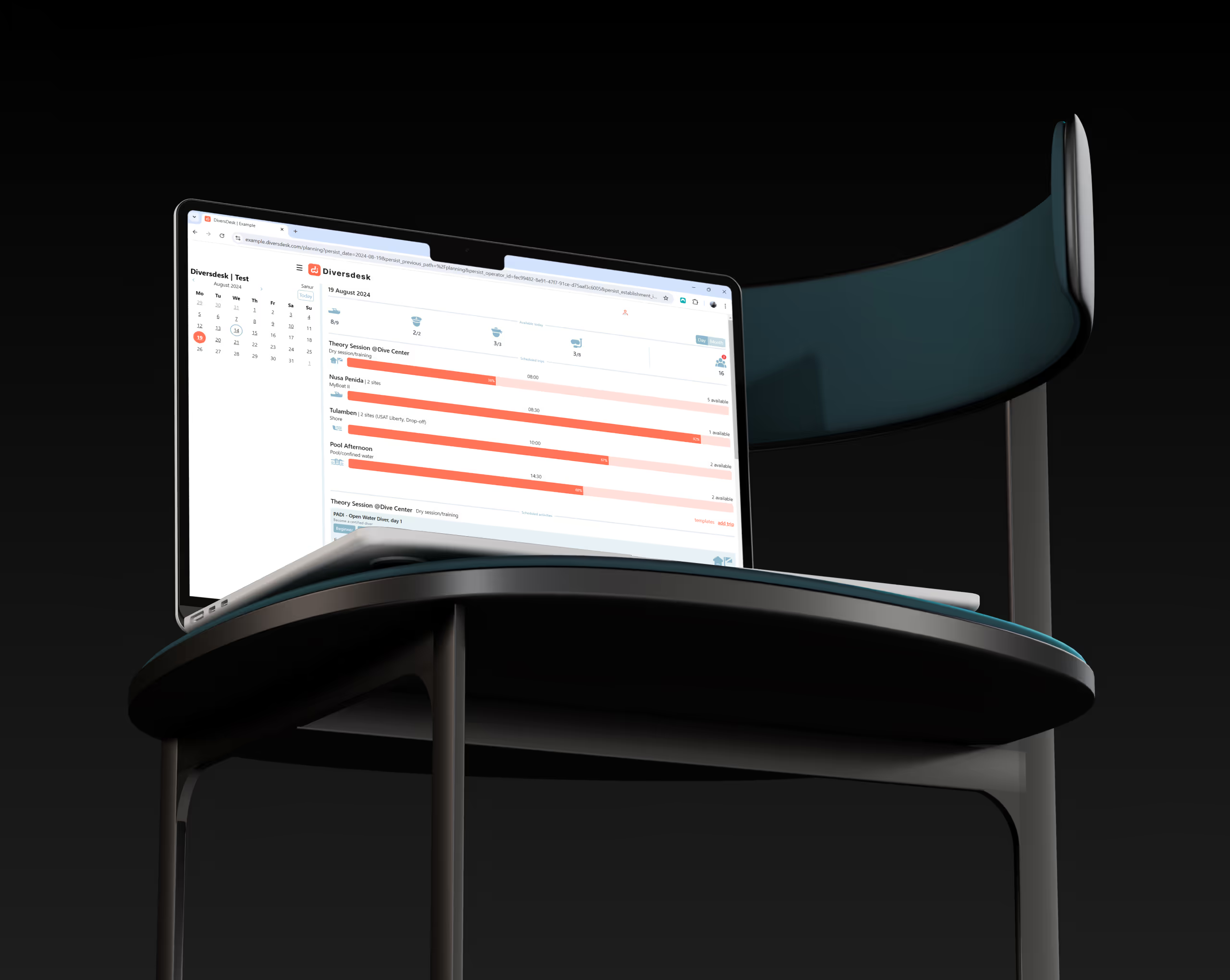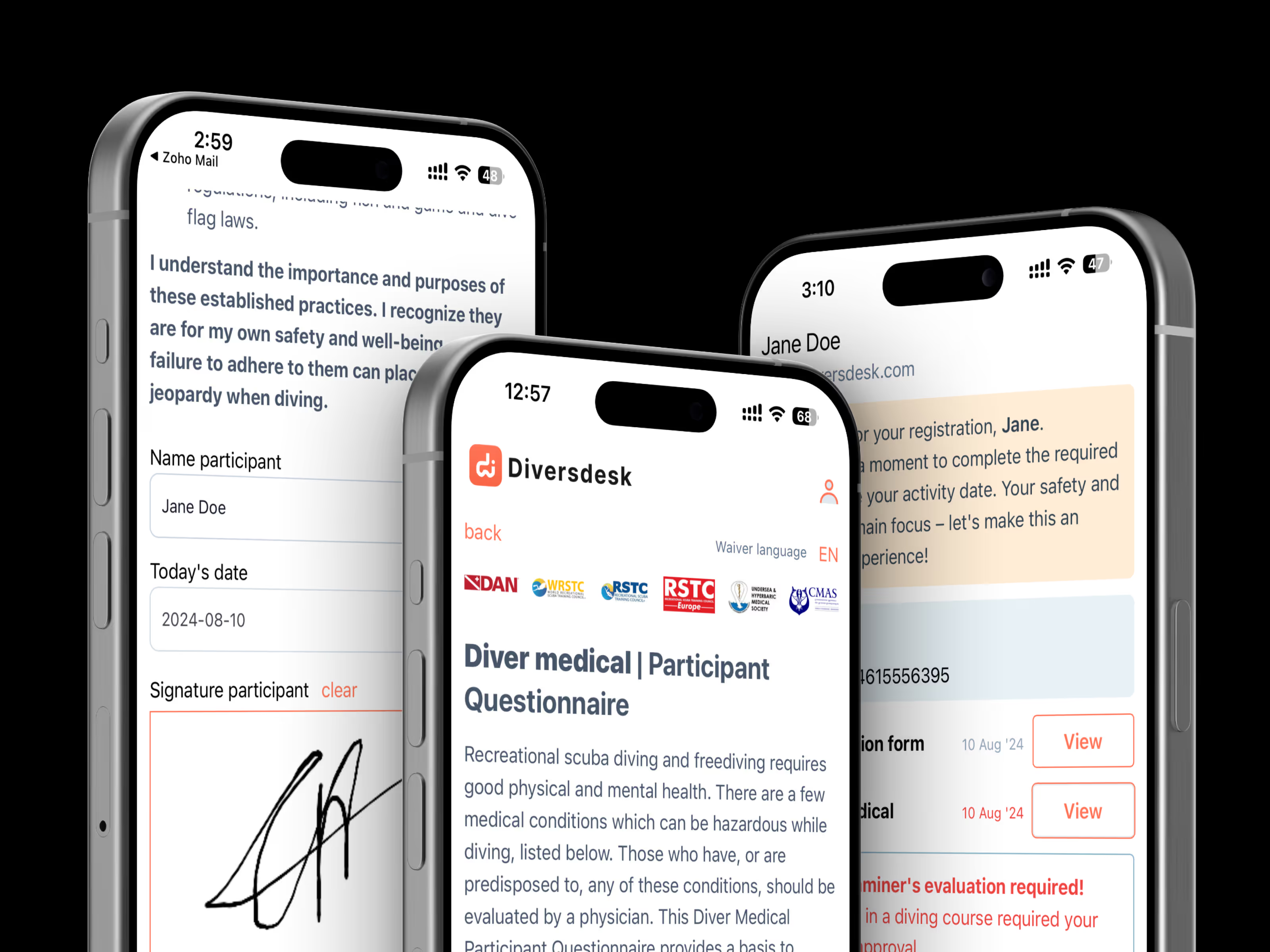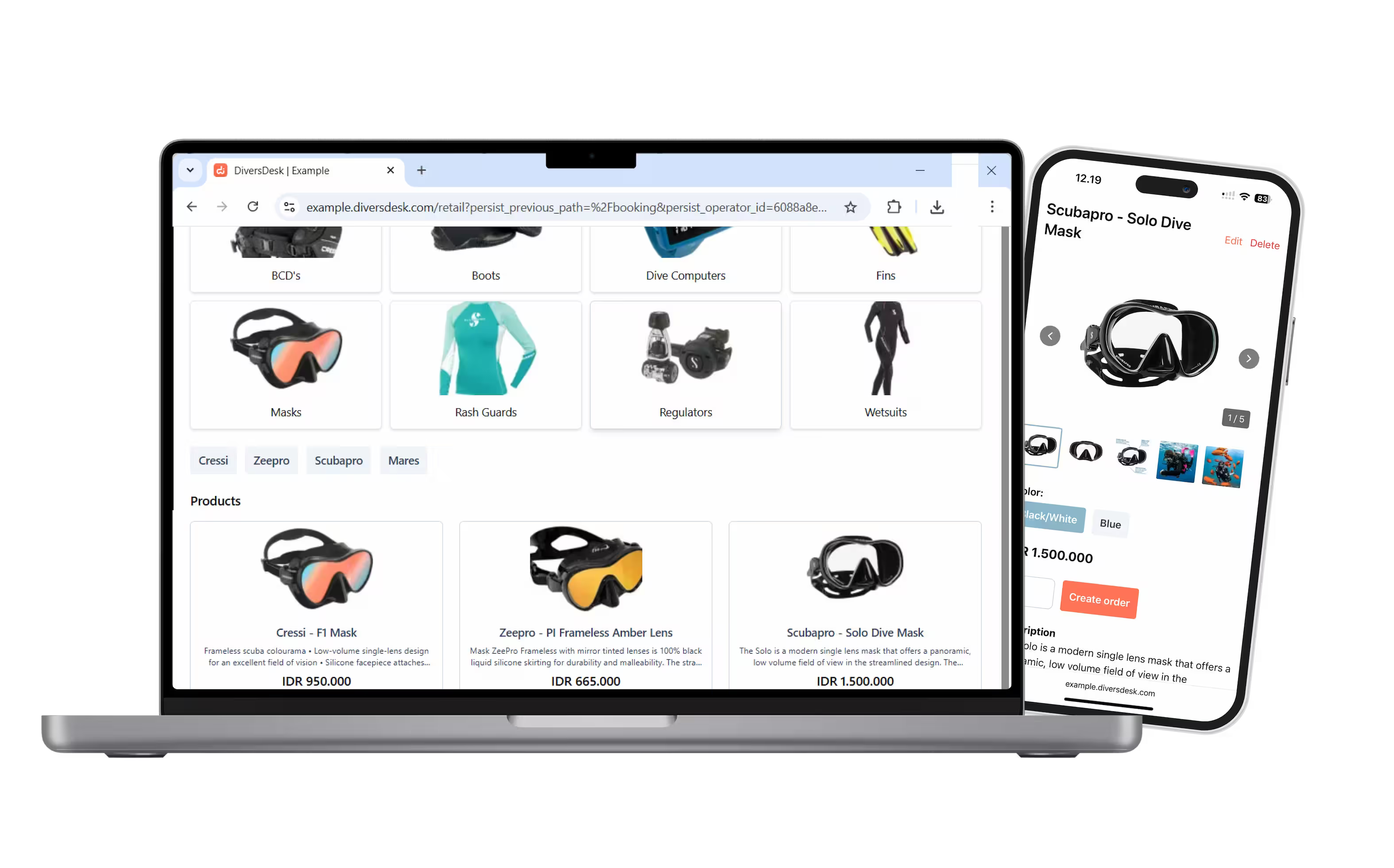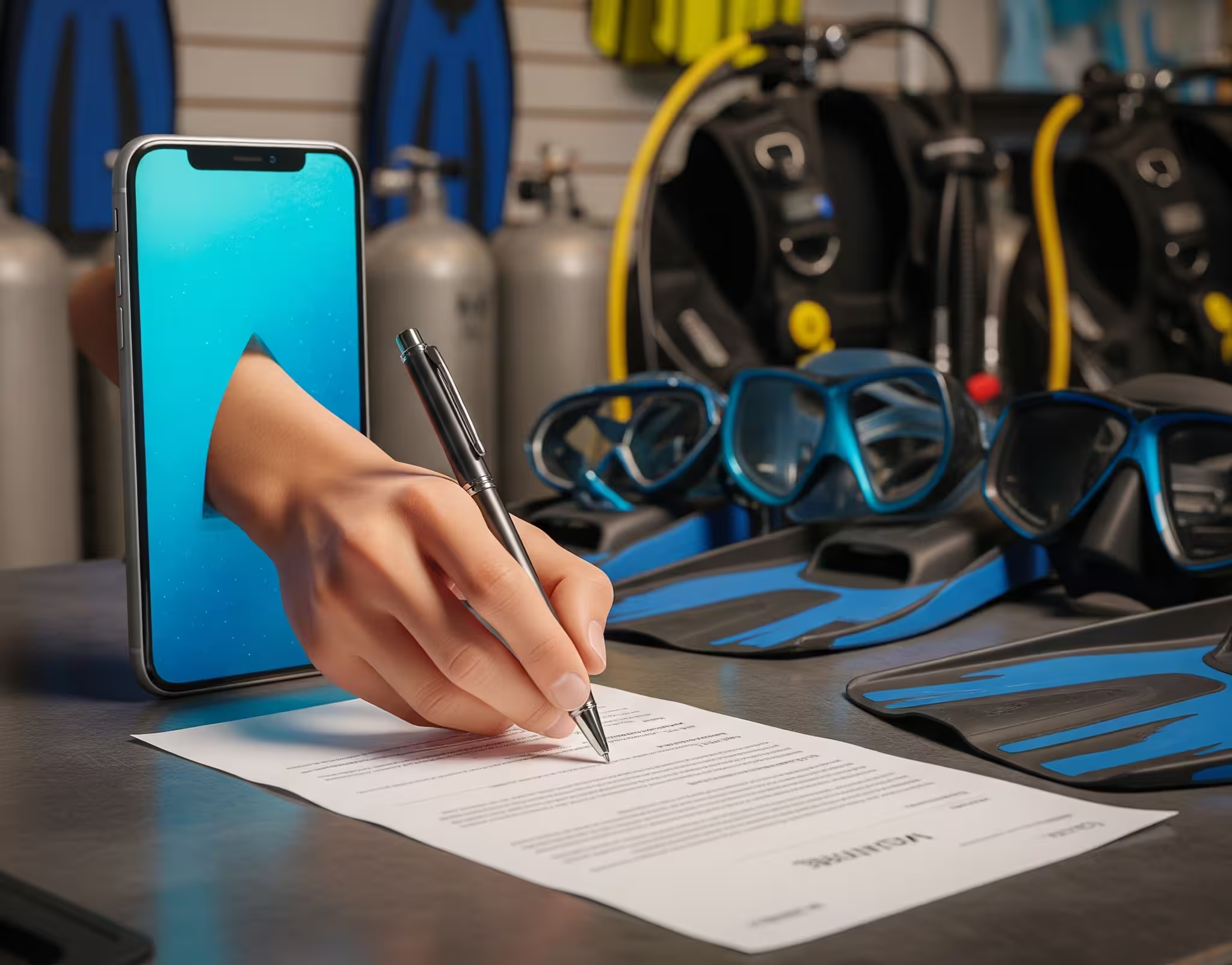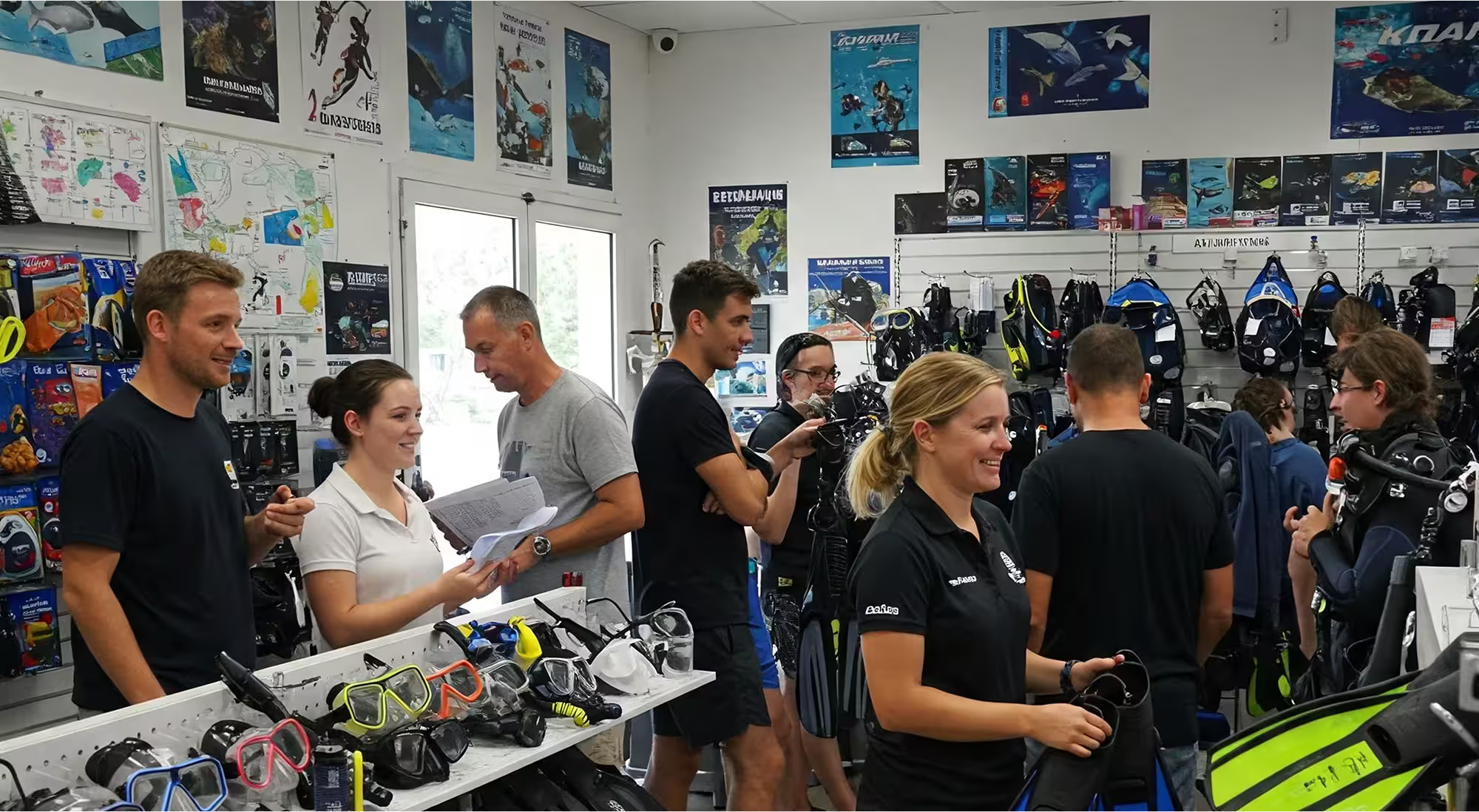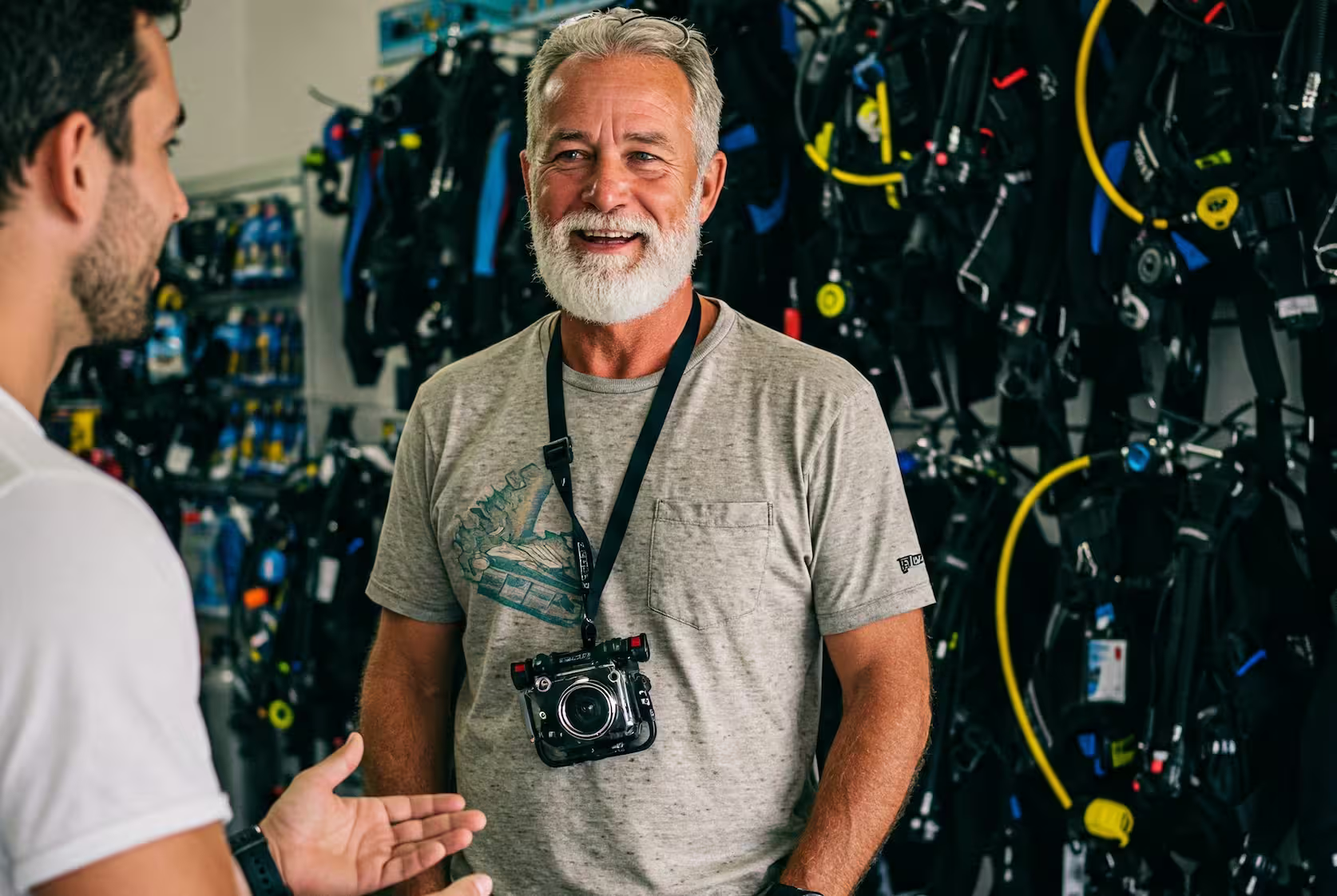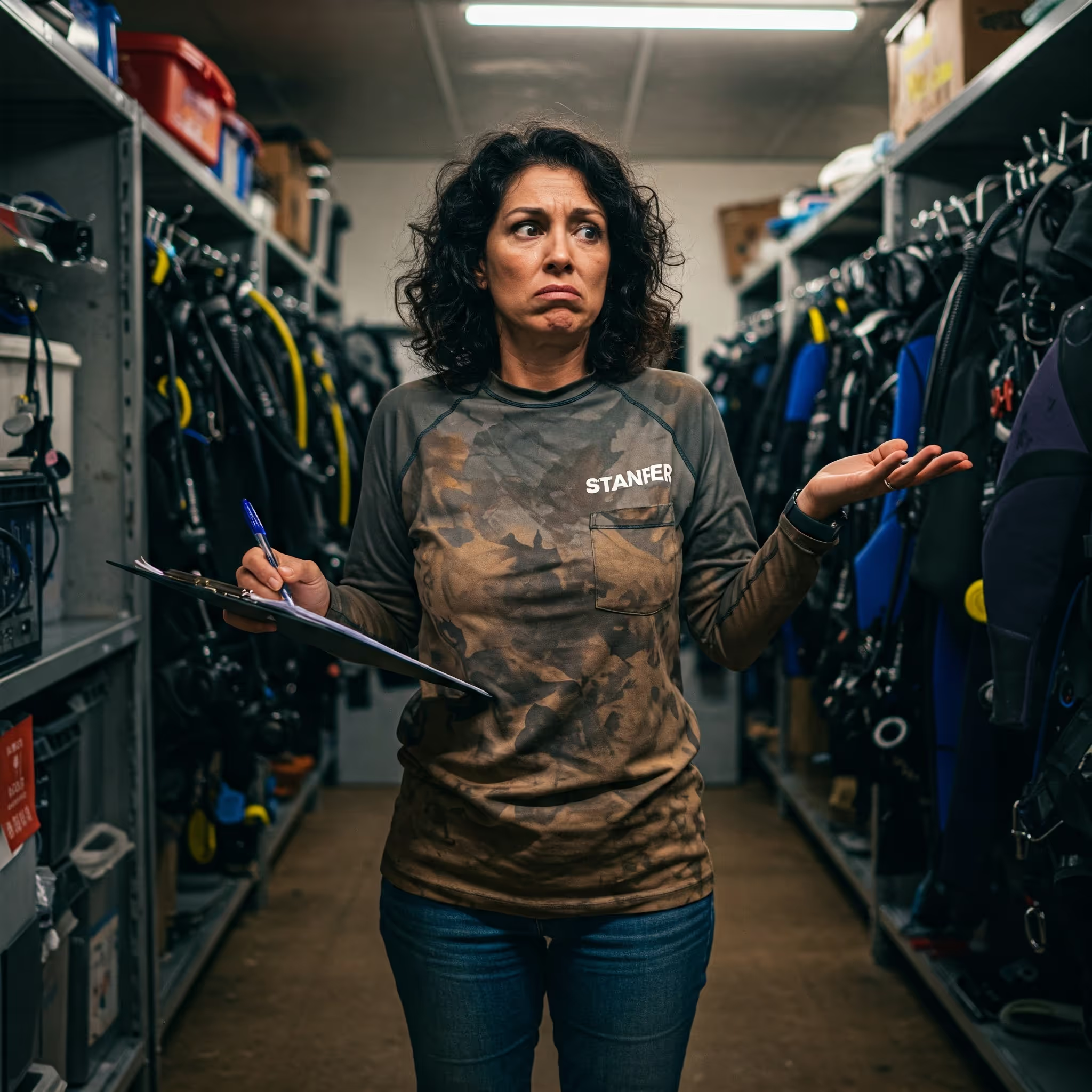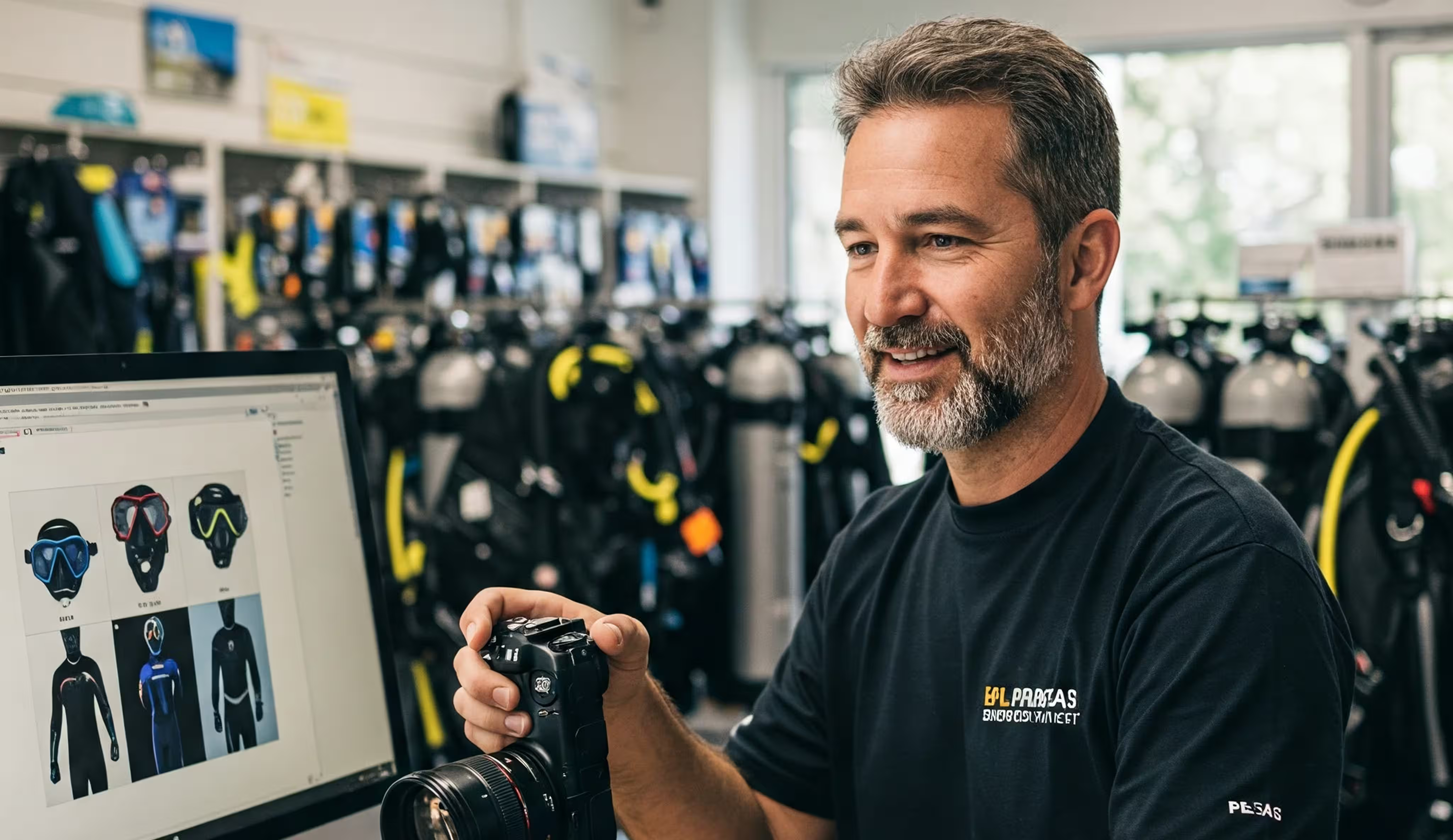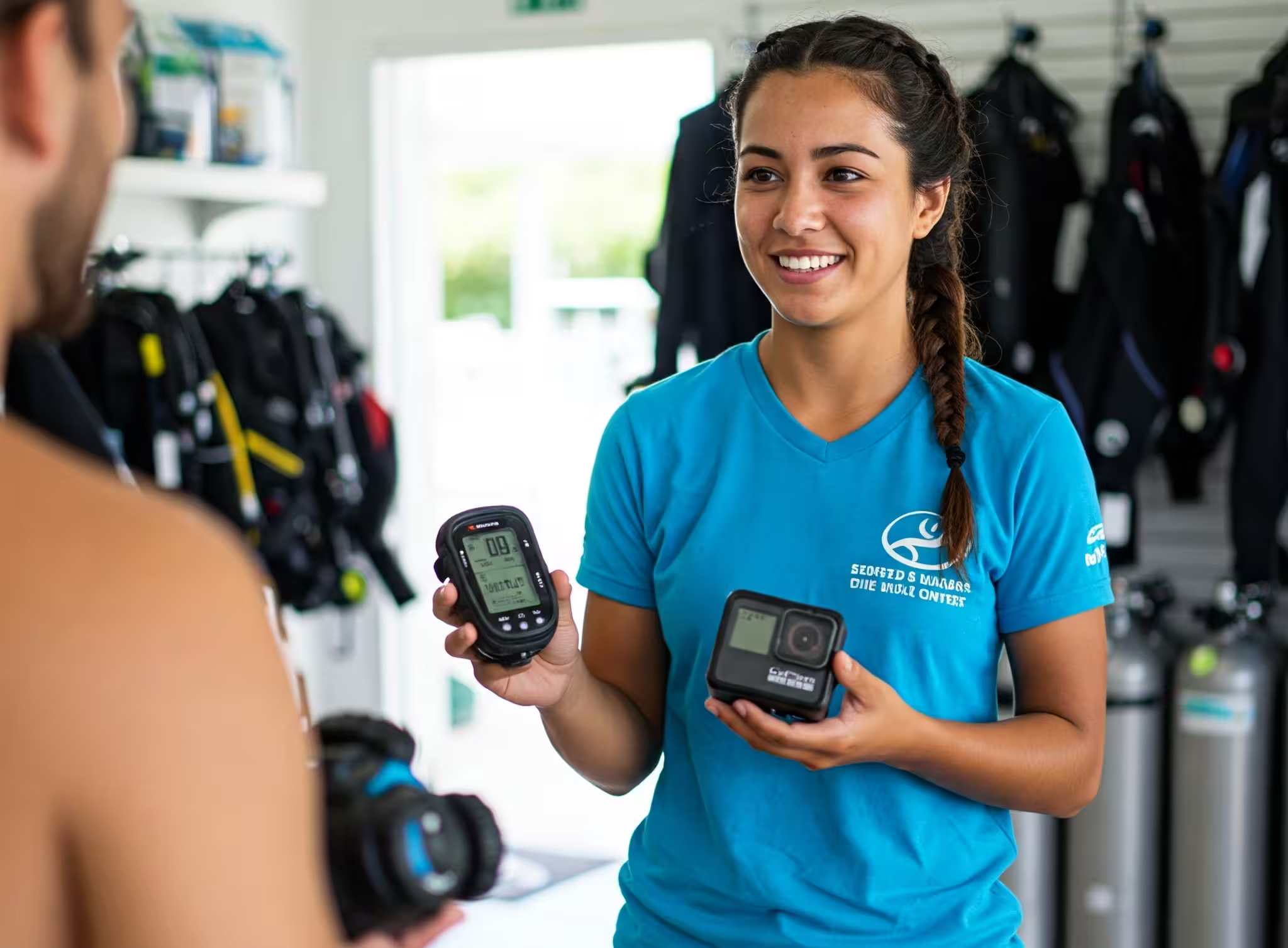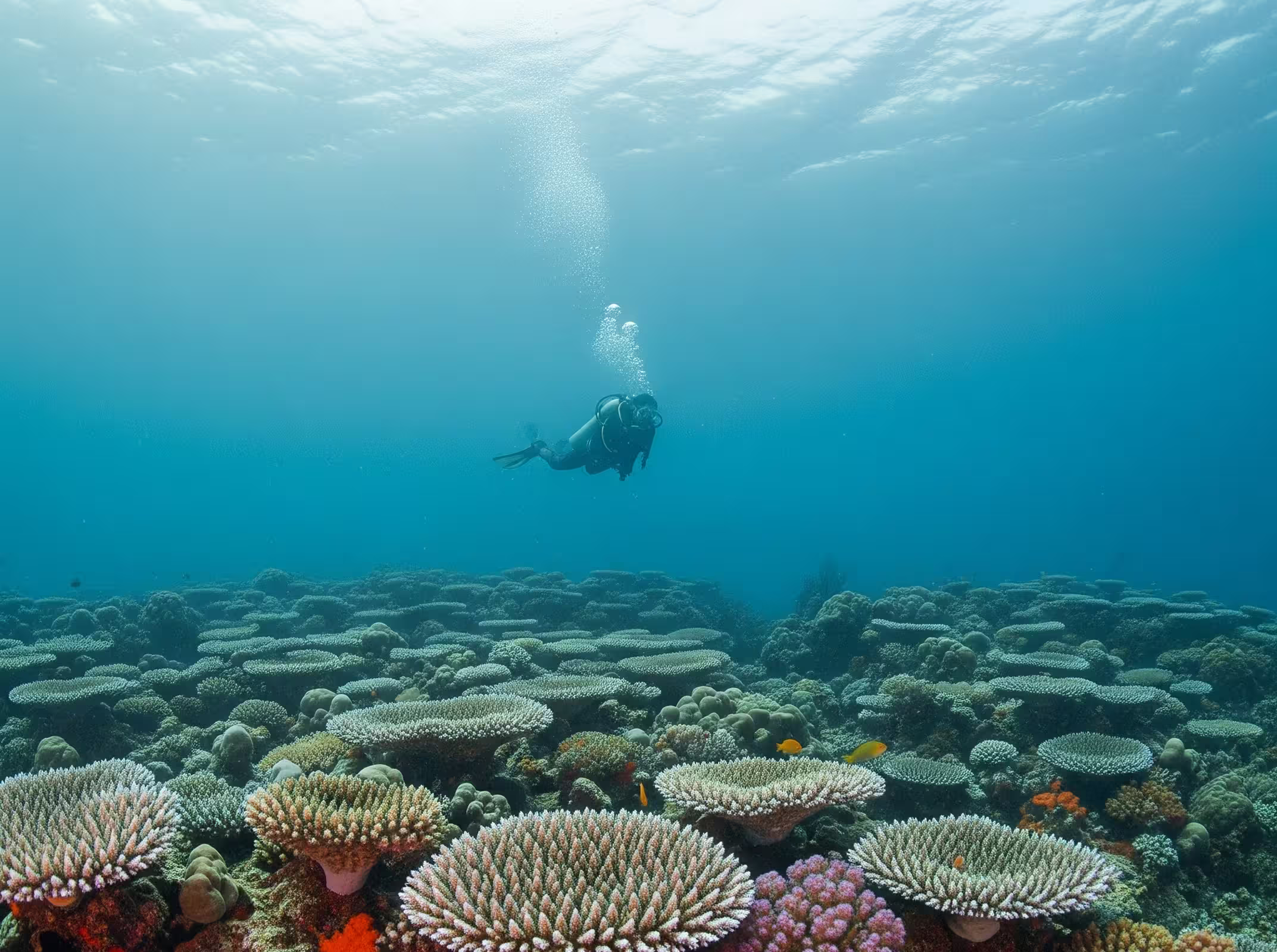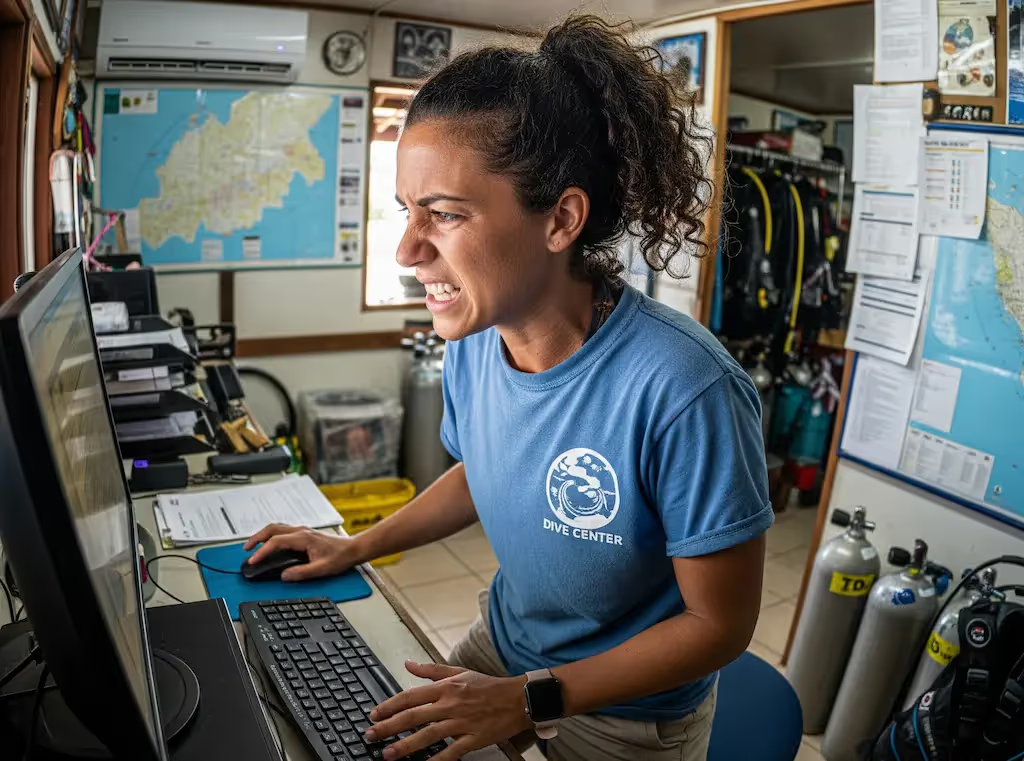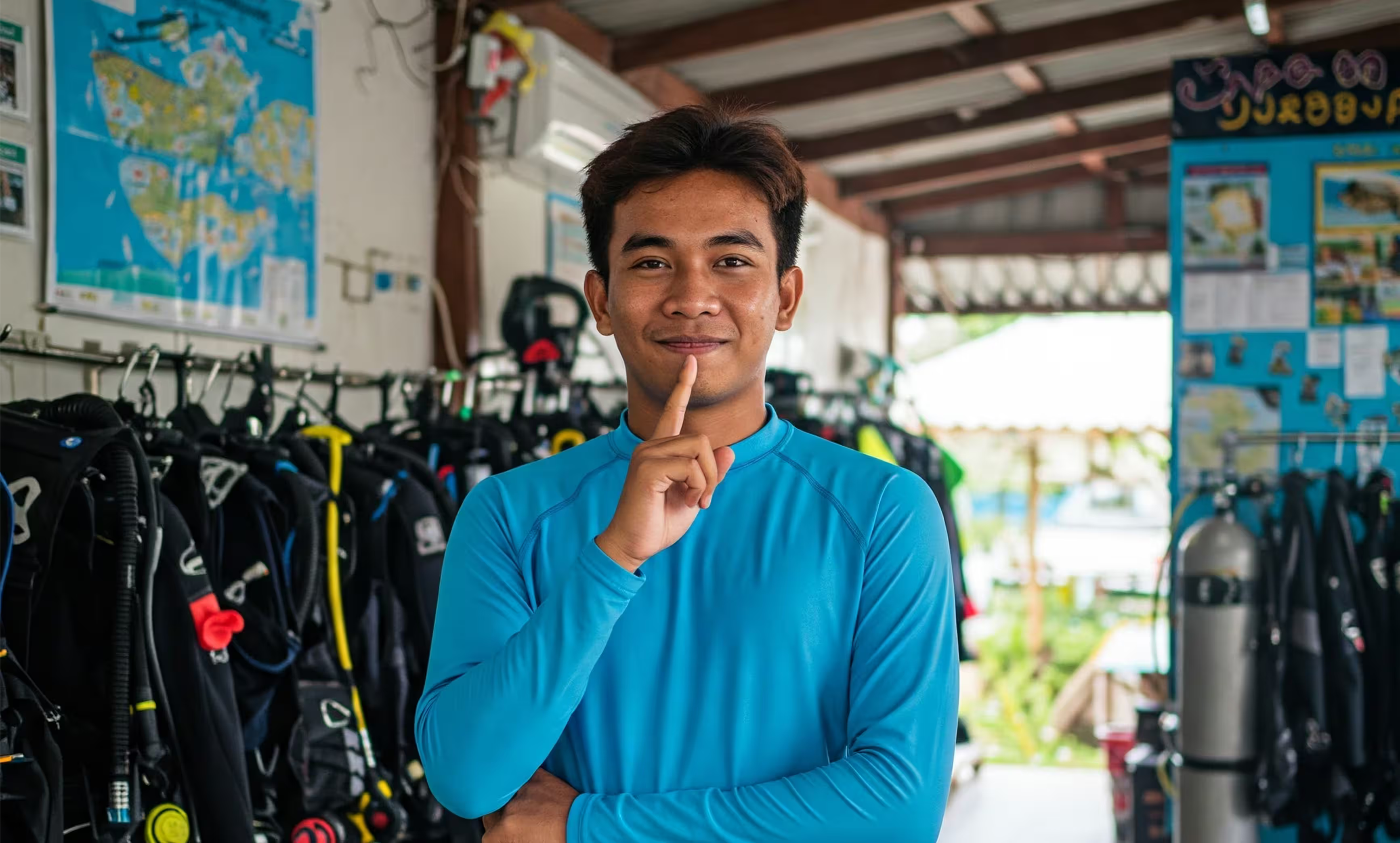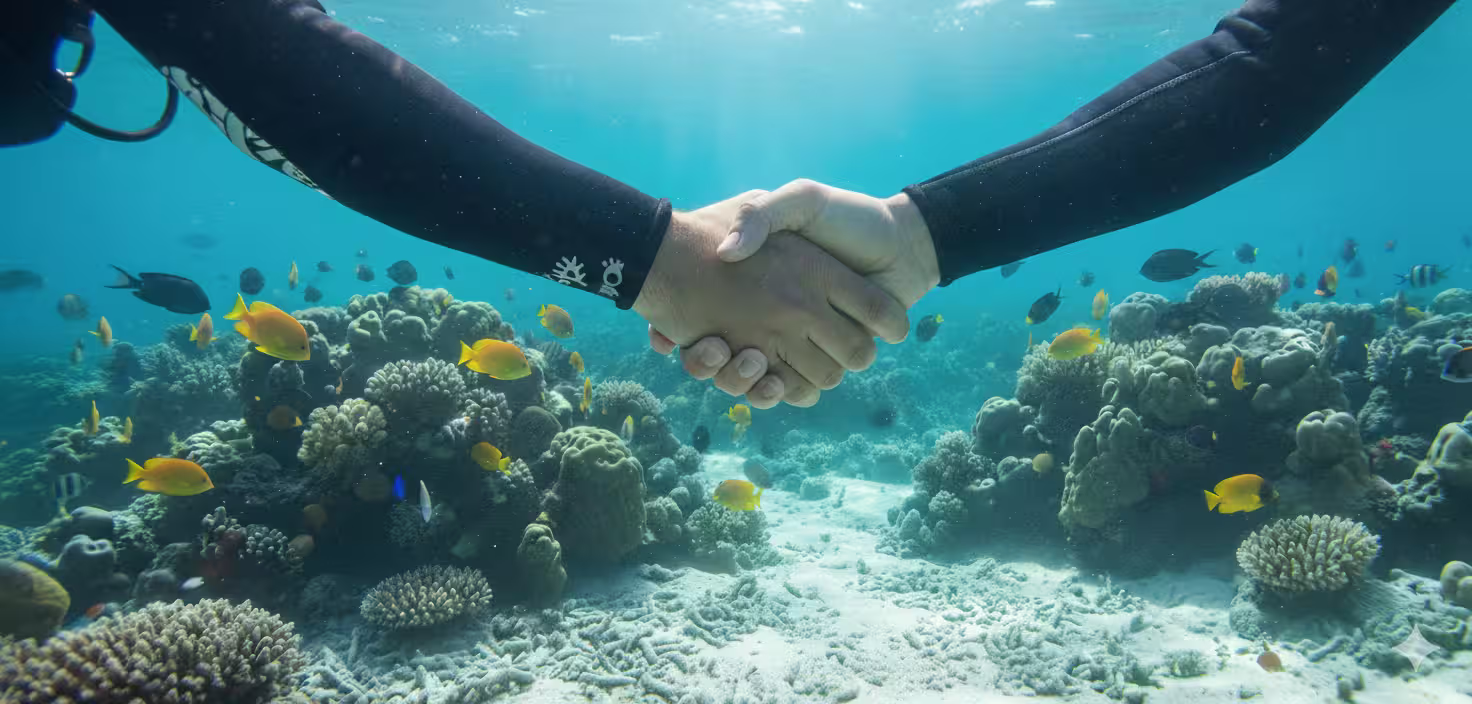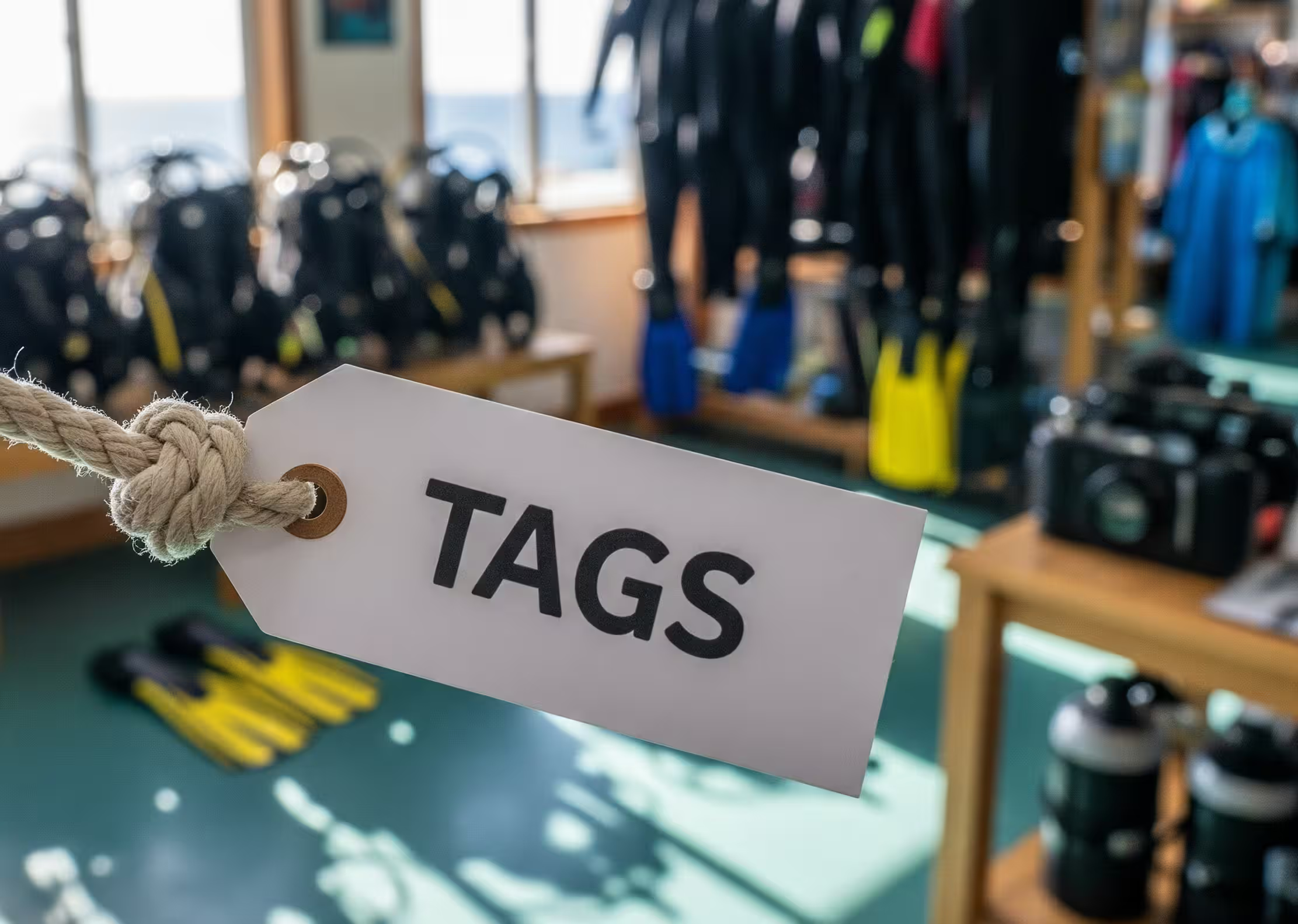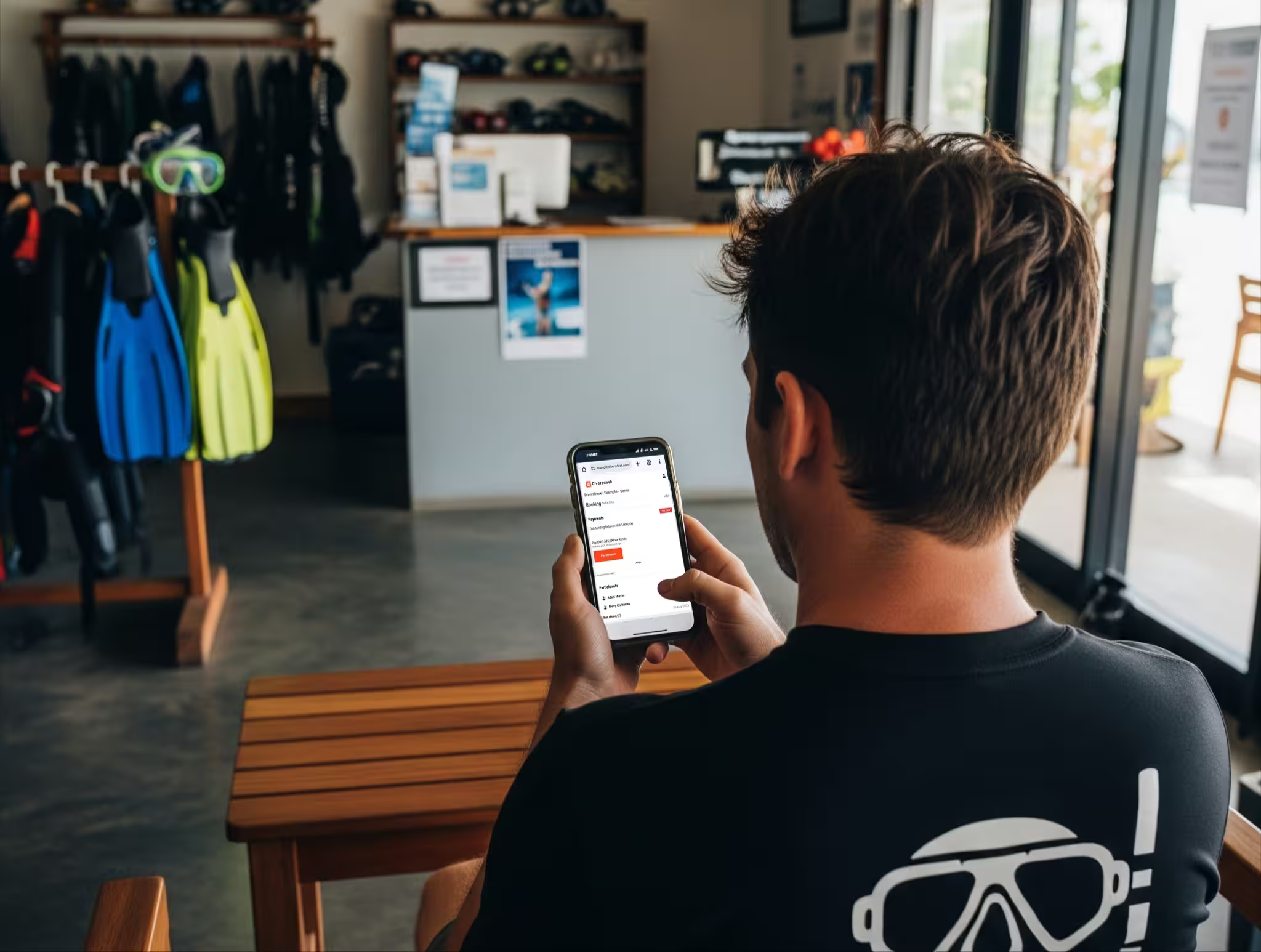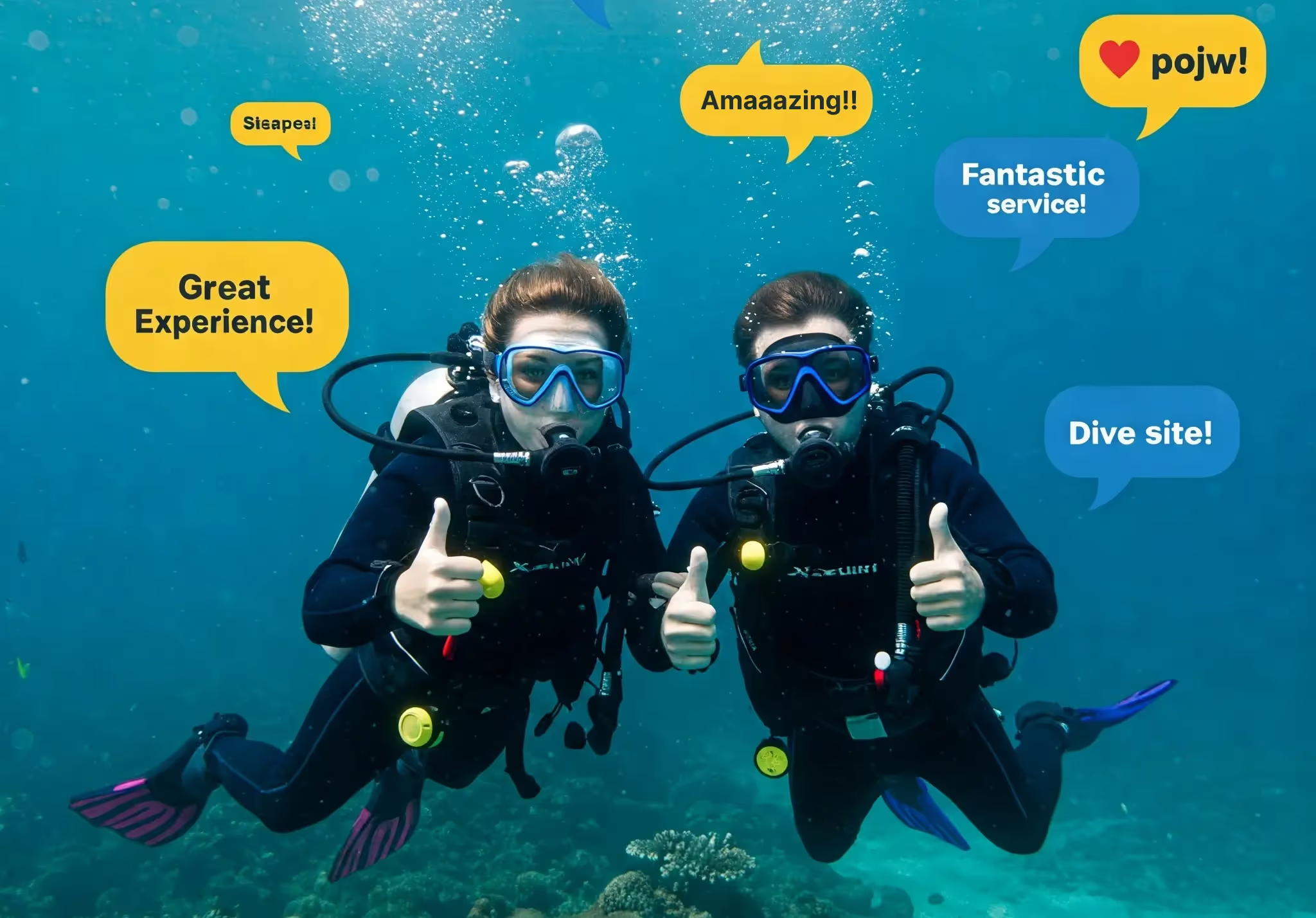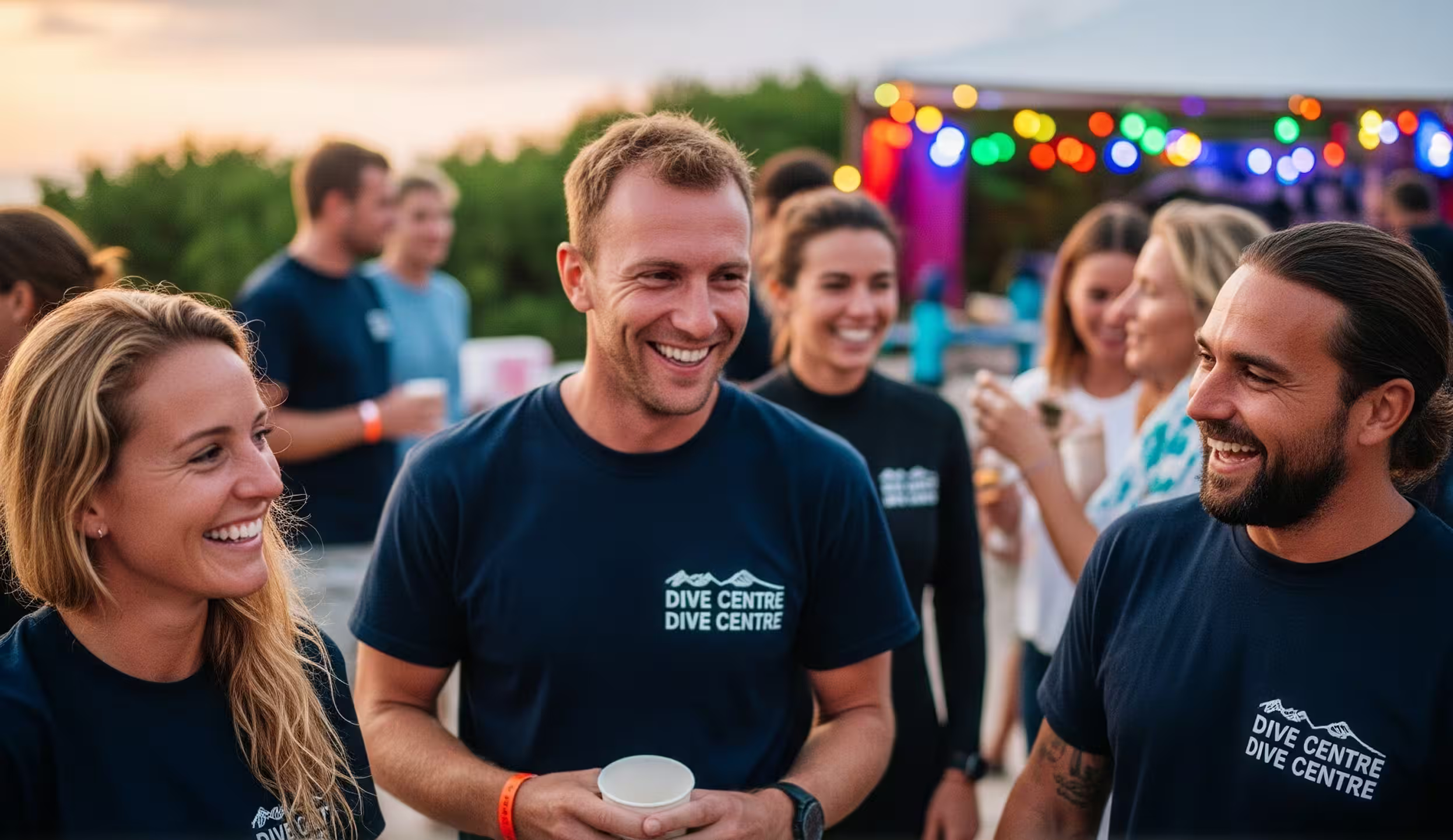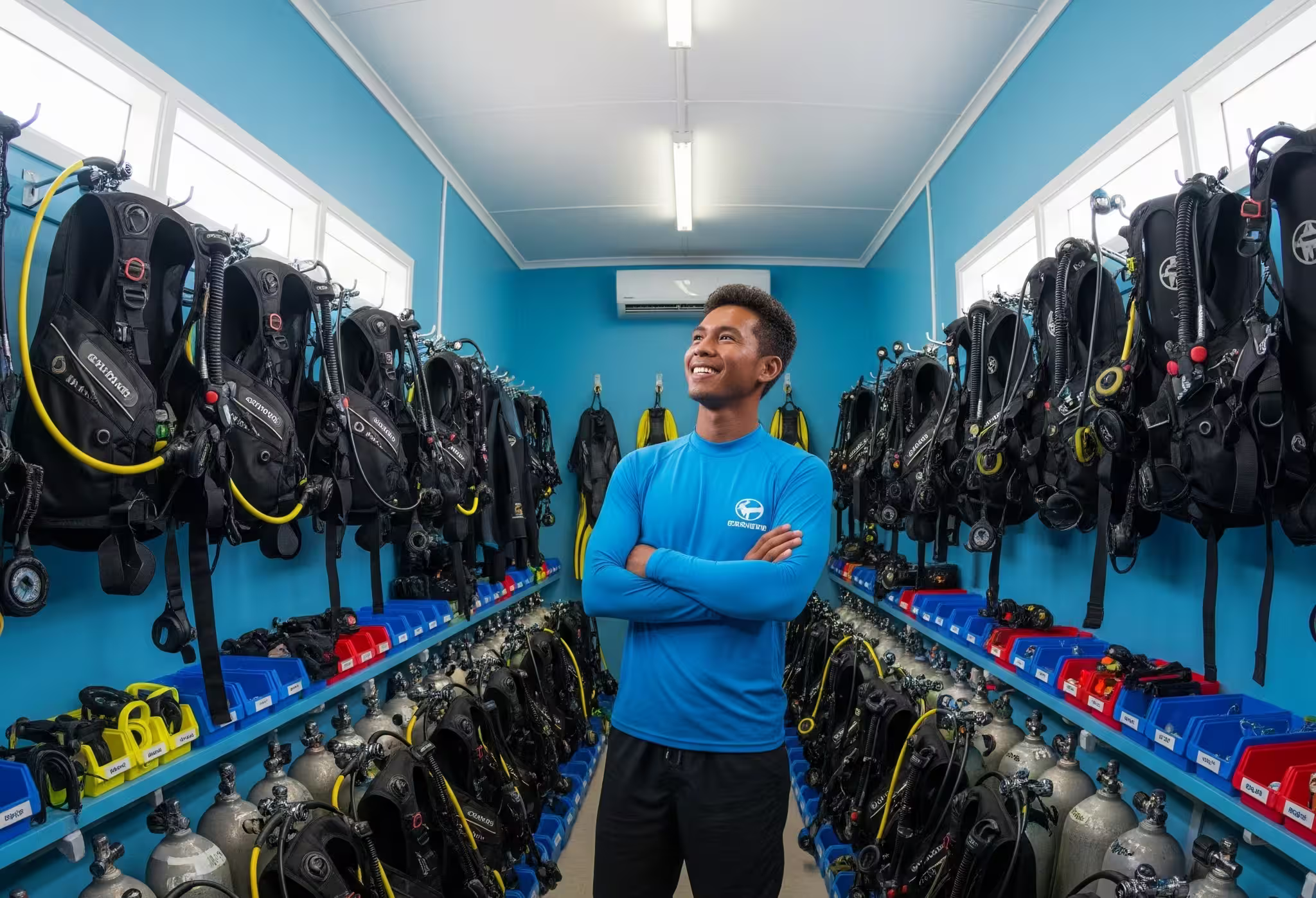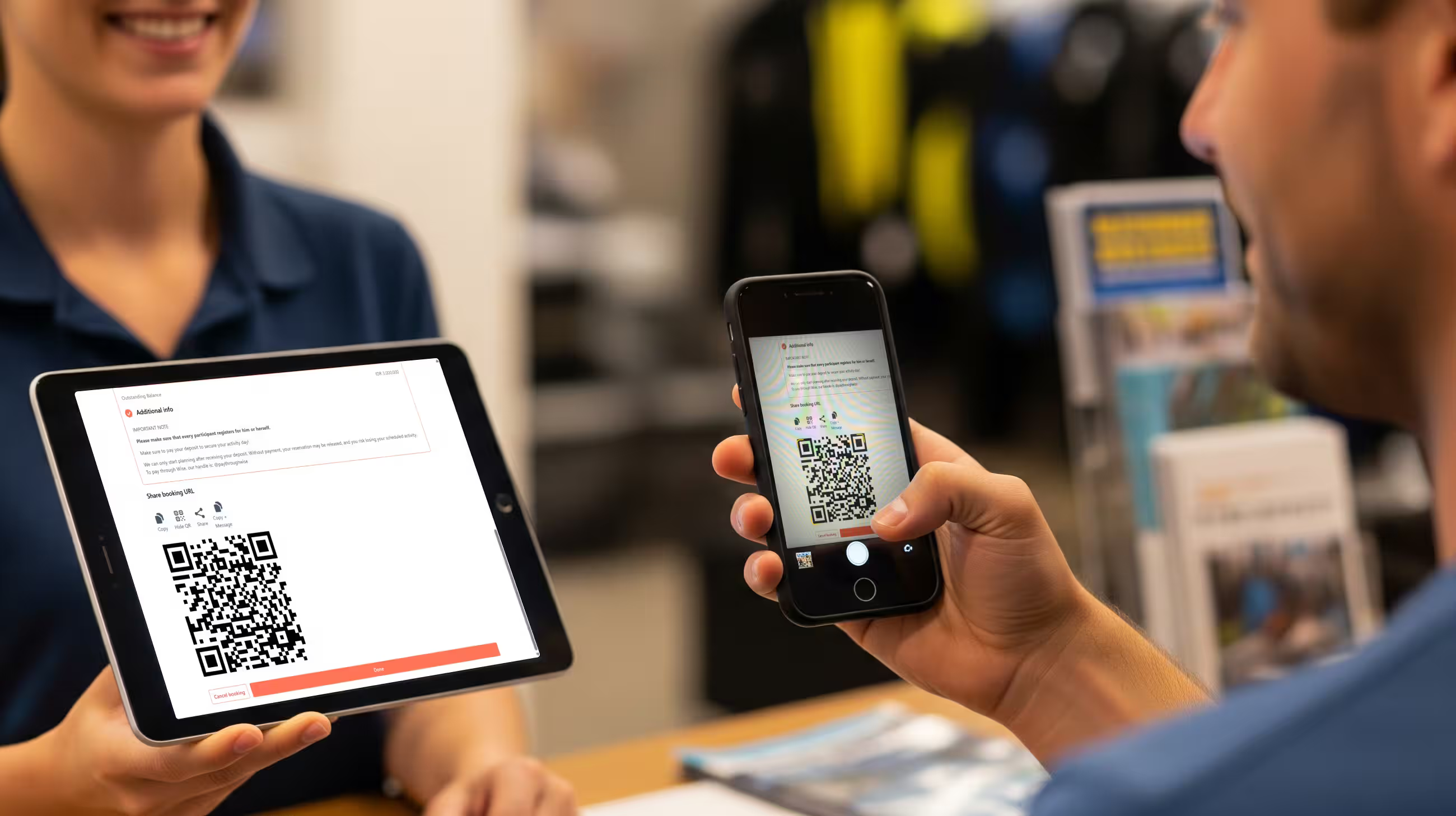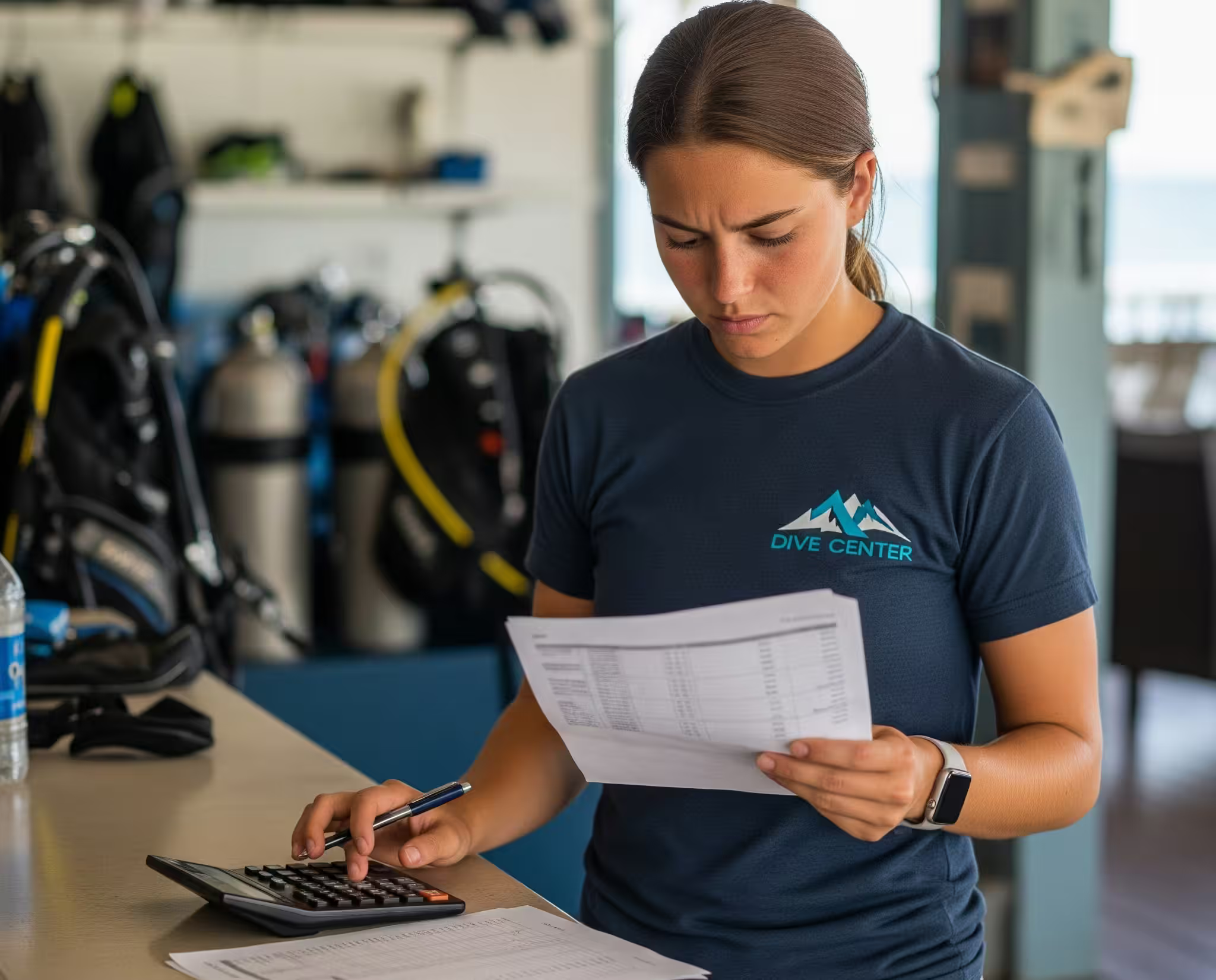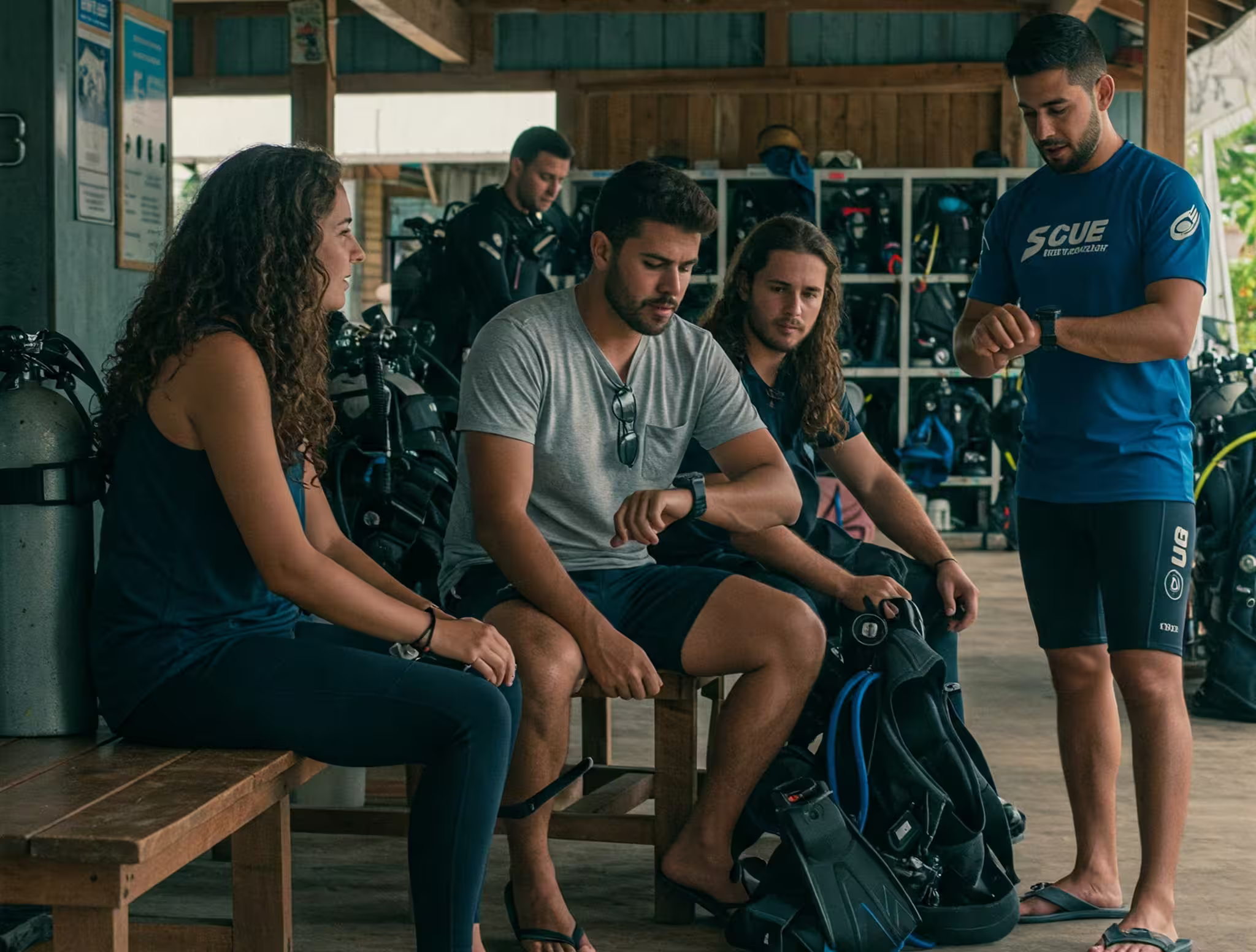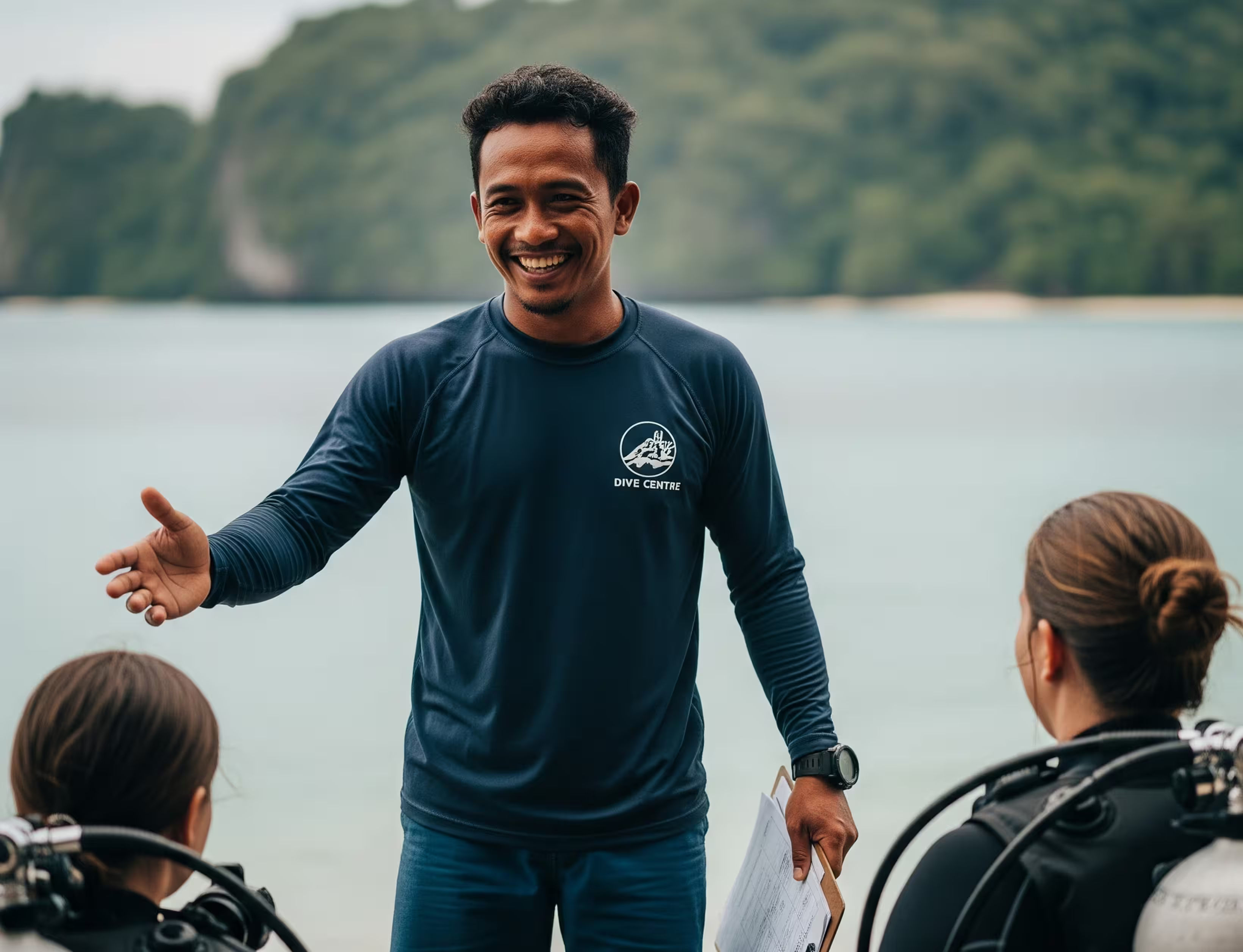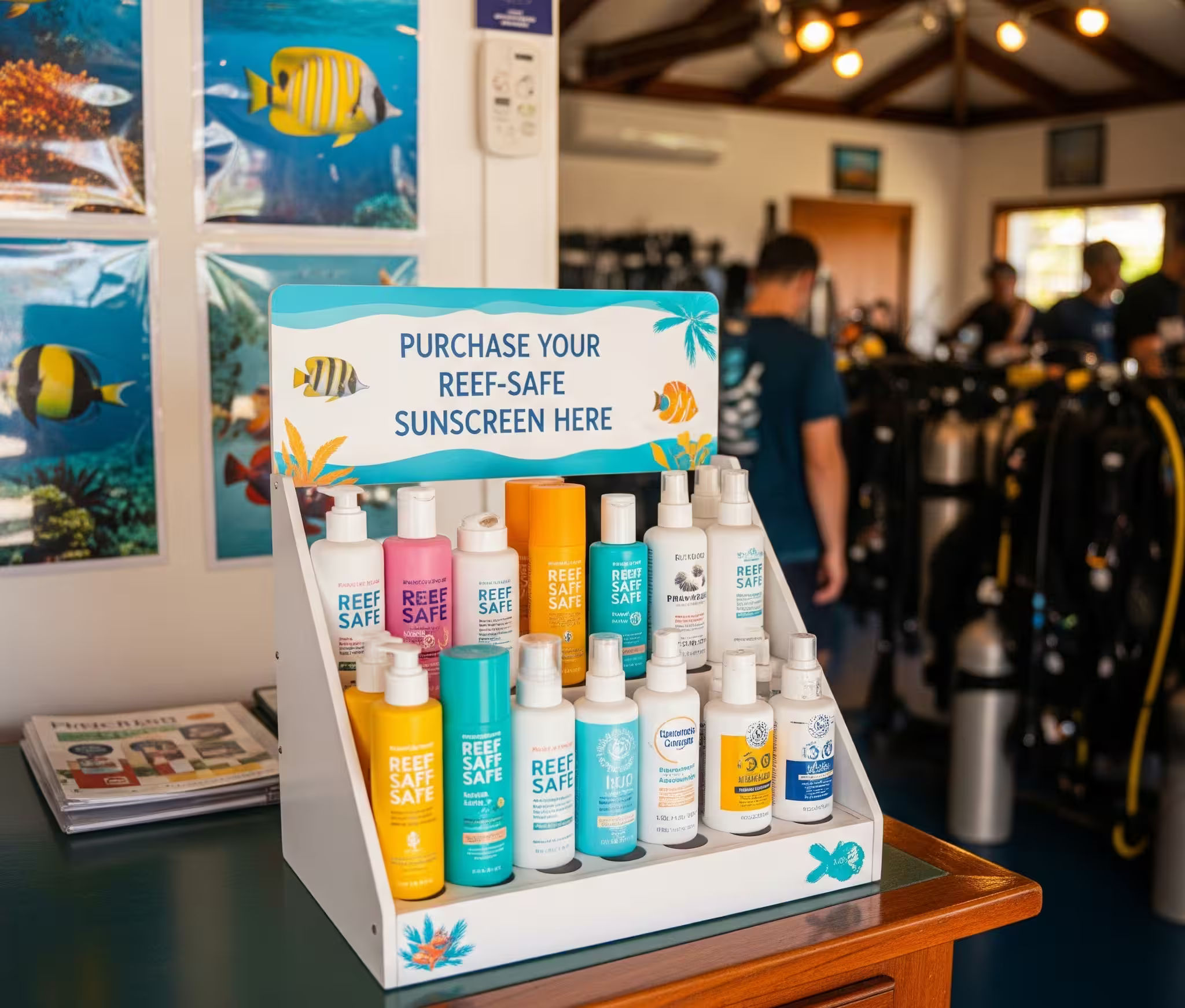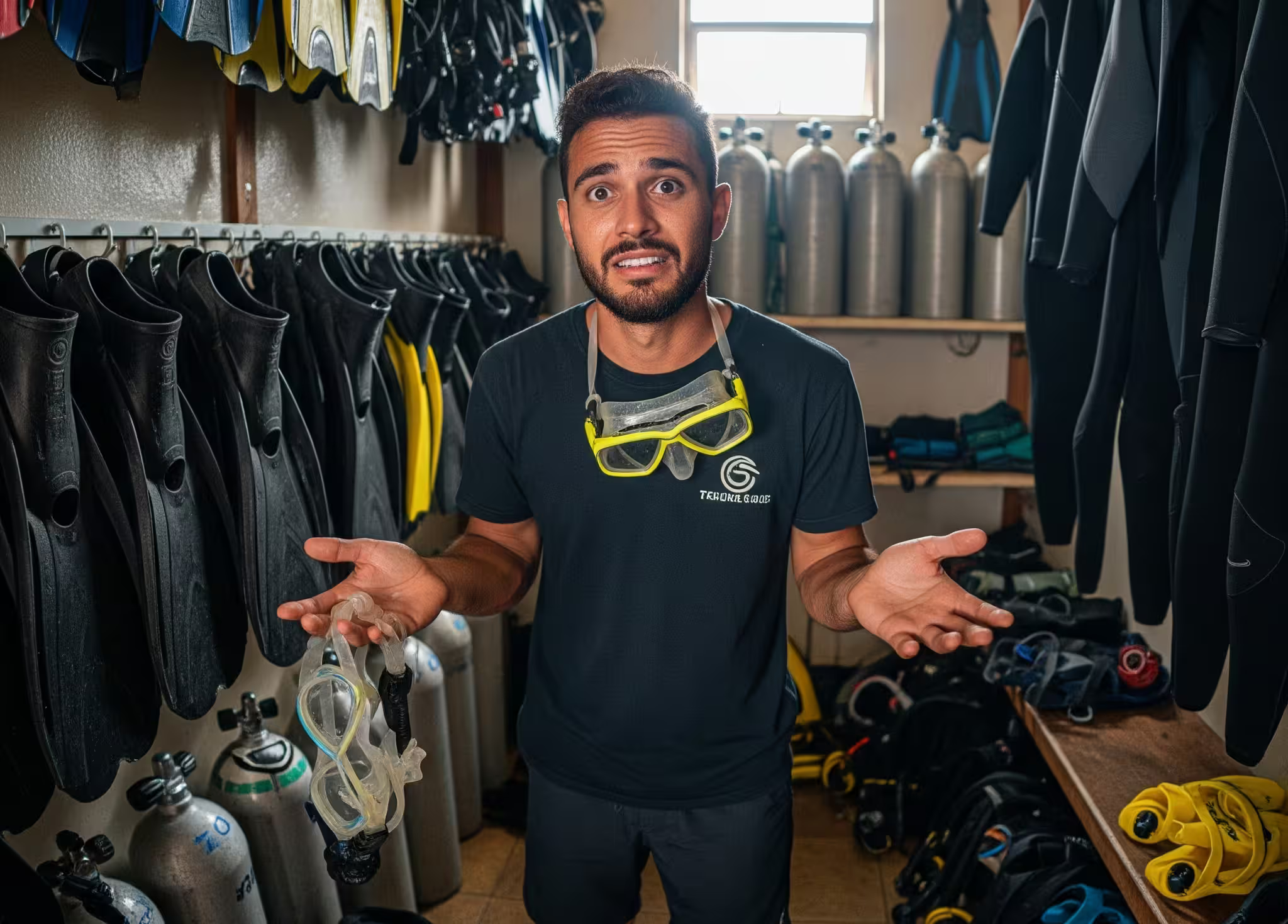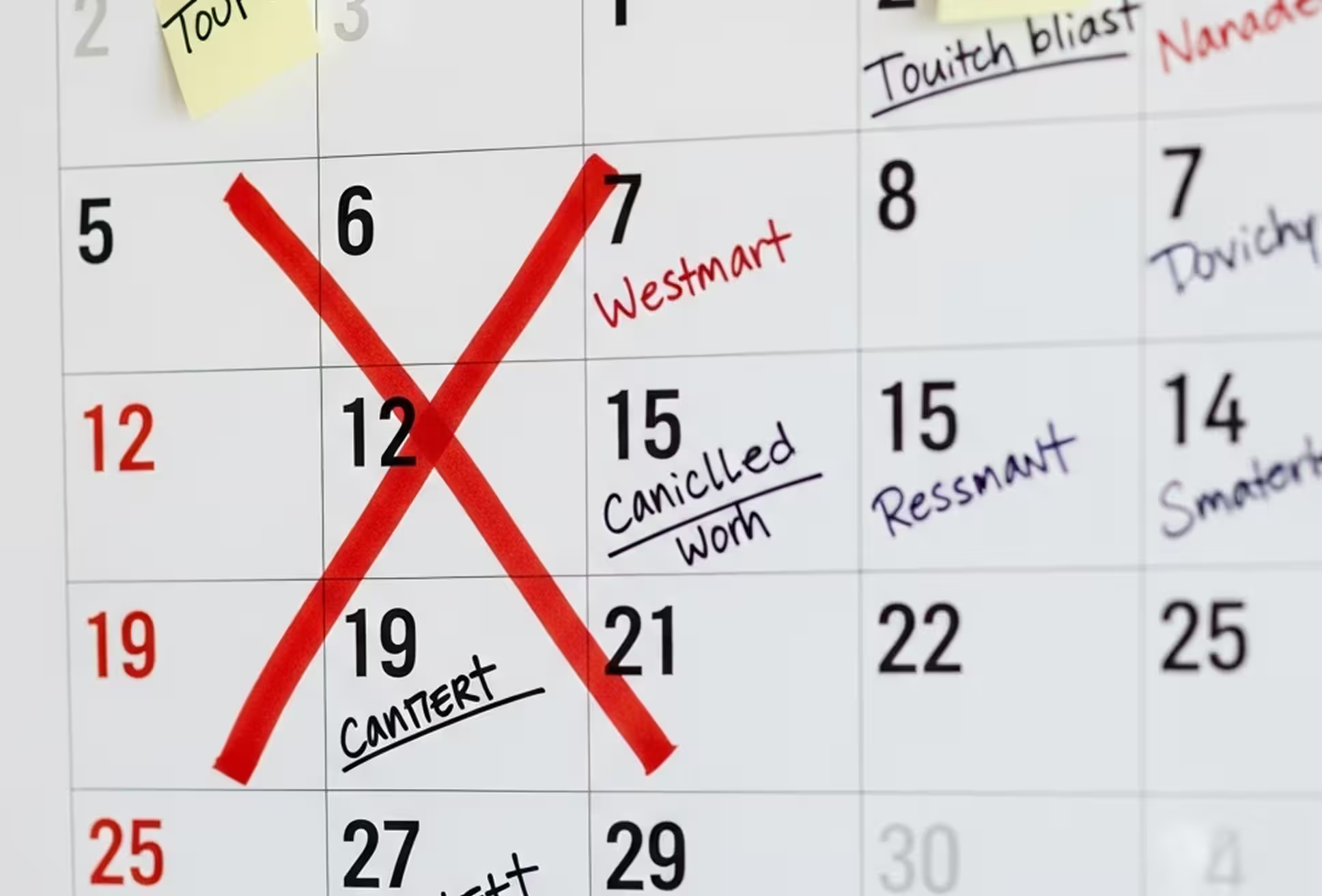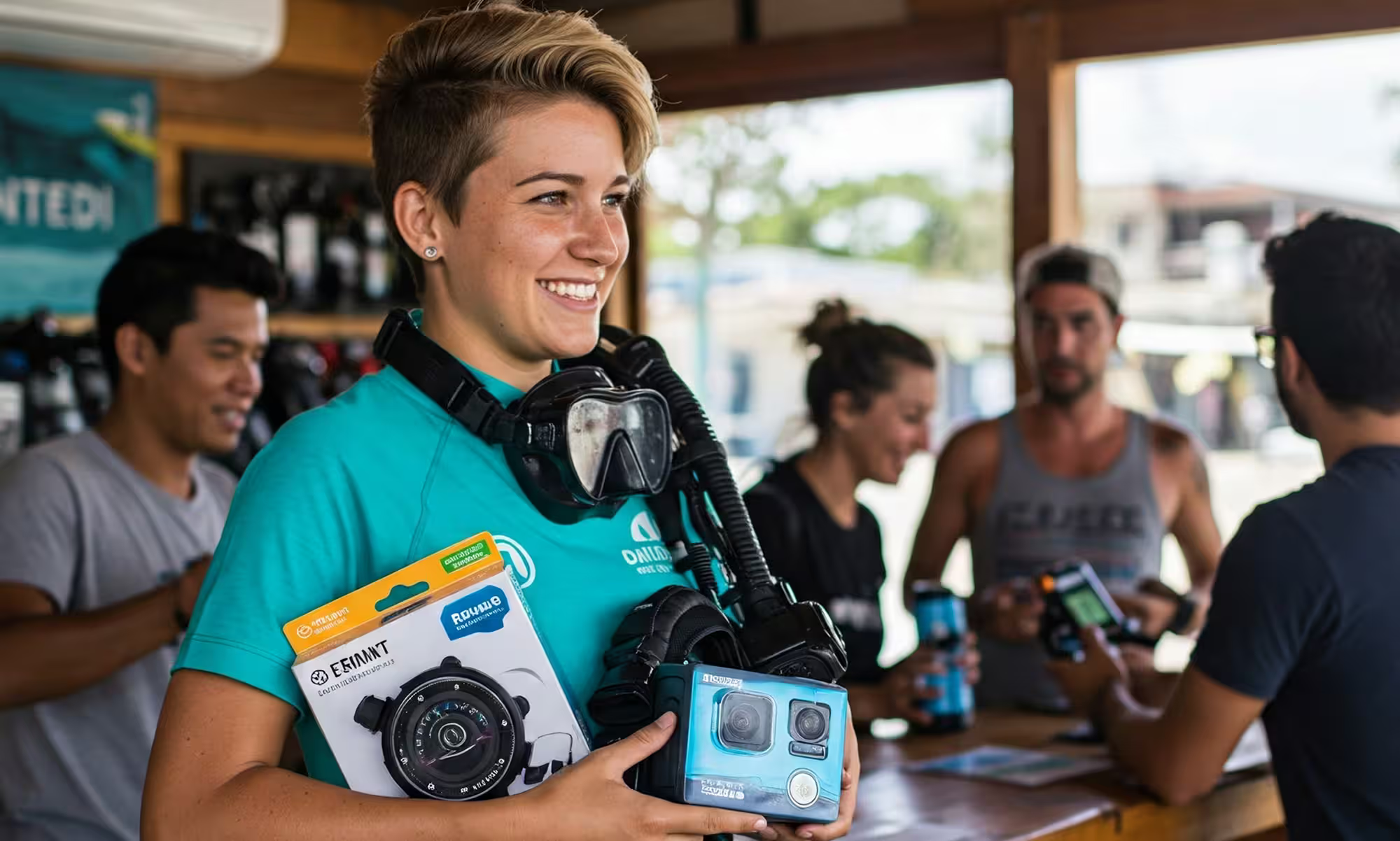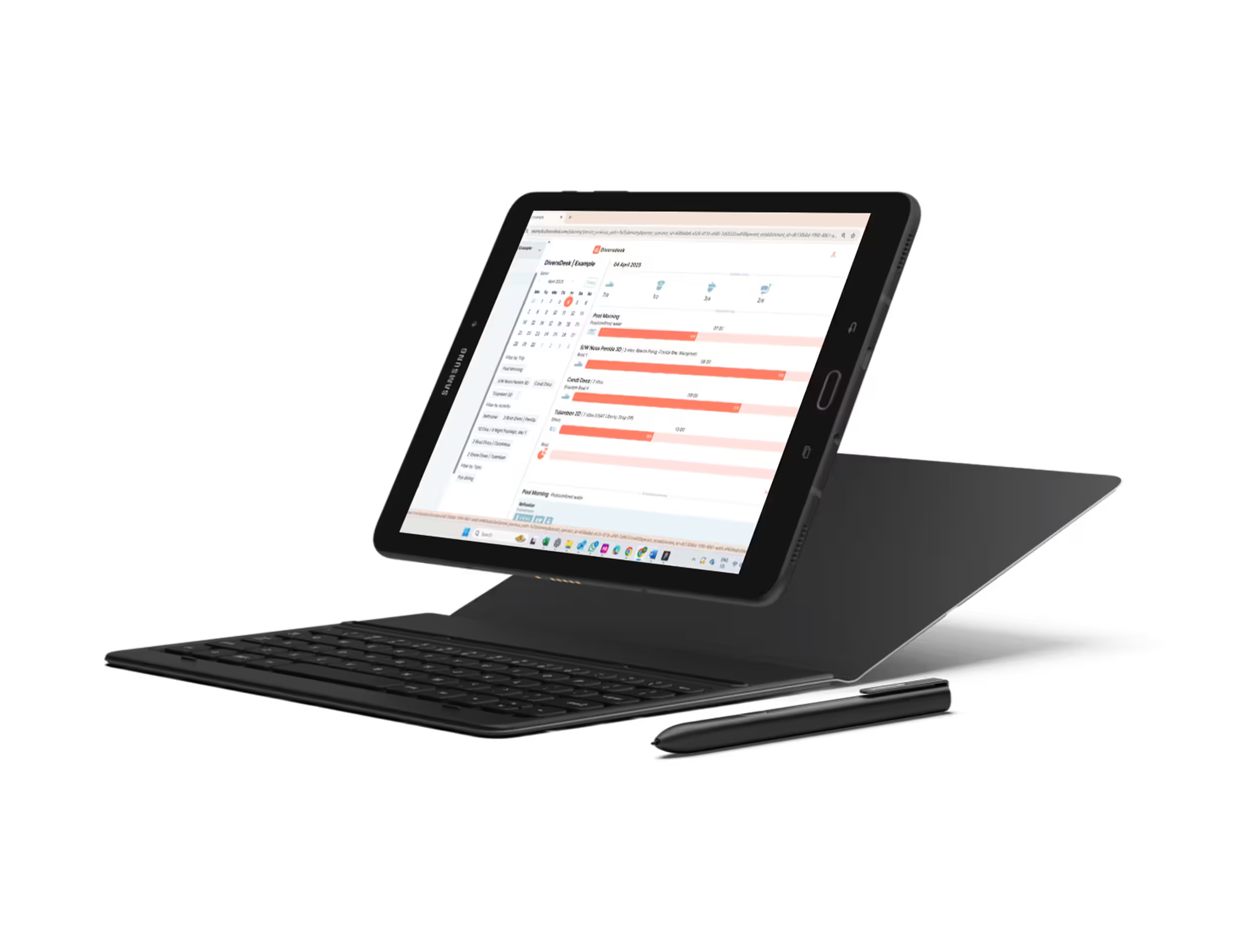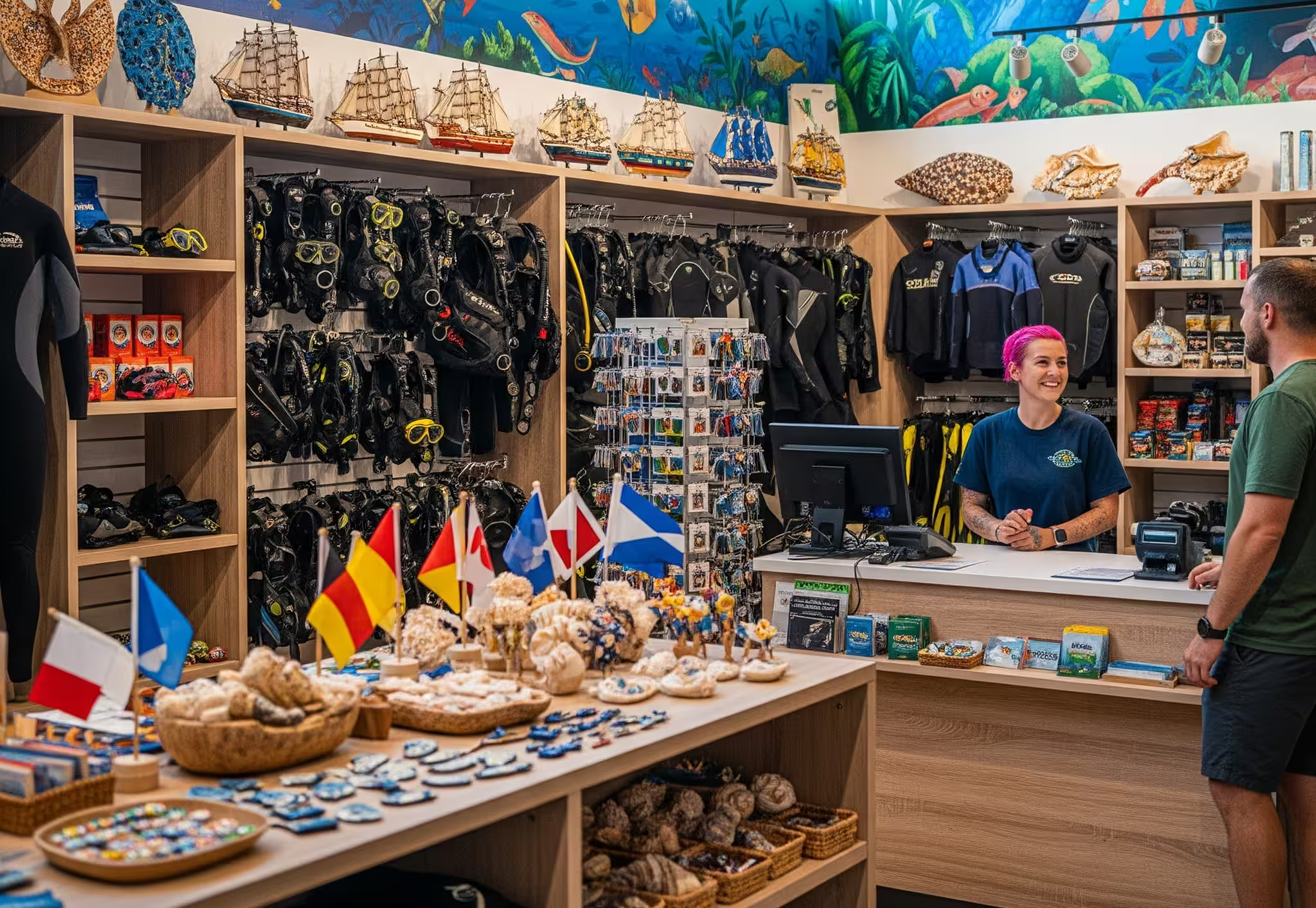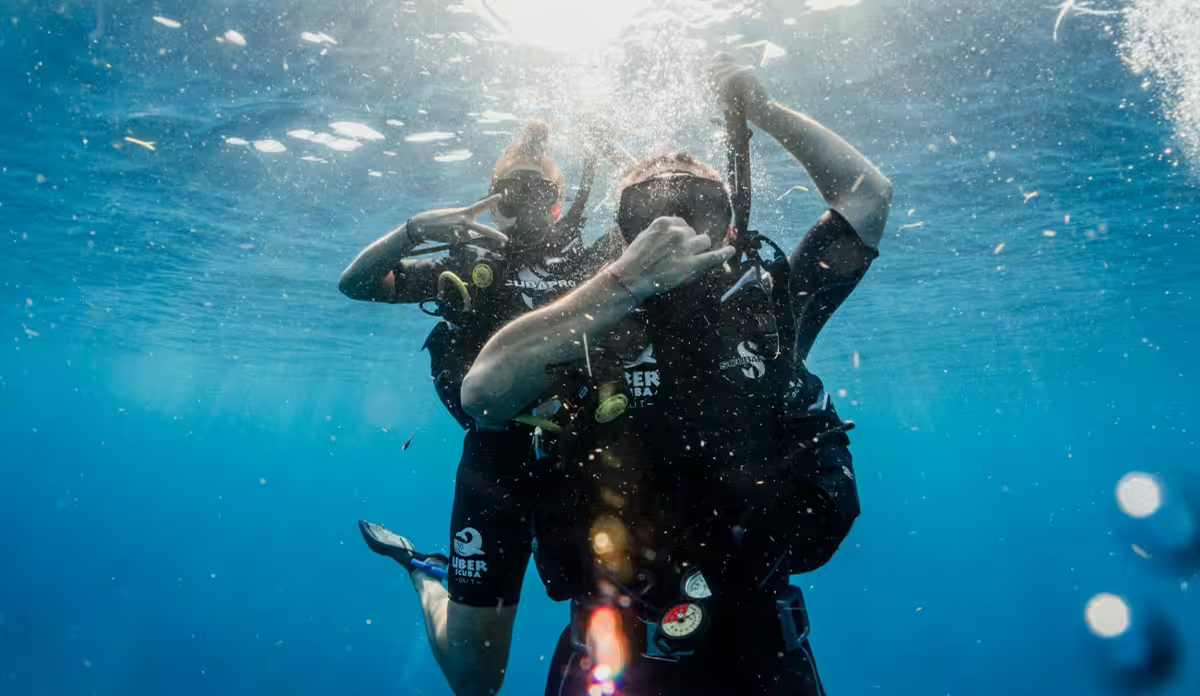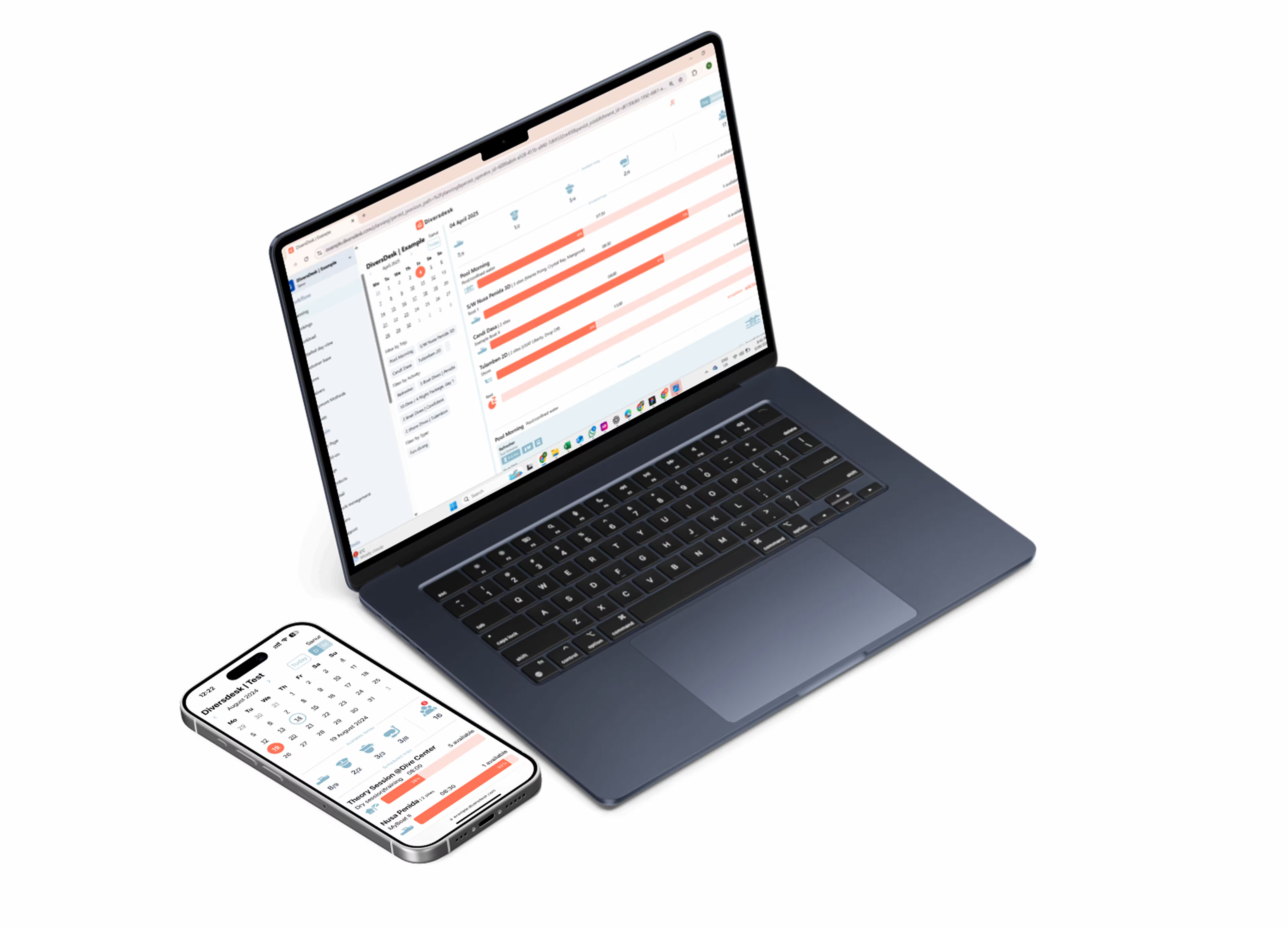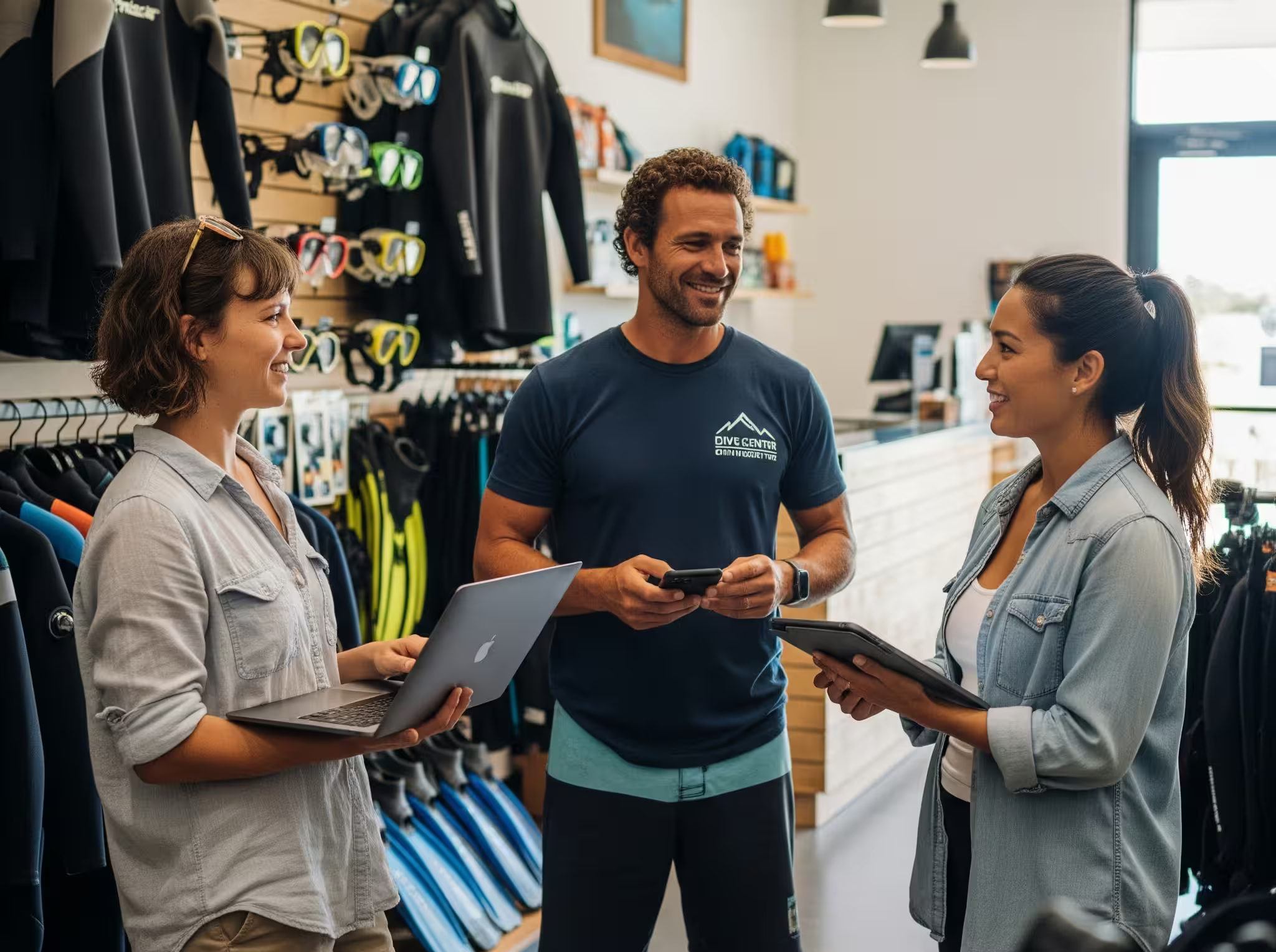Introduction
Dive centers have long depended on the standard waivers provided by organizations like PADI, SSI, SDI, TDI, and many others across the industry. These documents form the backbone of liability protection and are built on years of industry practice. They outline the inherent risks of diving, and because they’re widely recognized, they carry legal weight. But while they are reliable, they aren’t tailored to your business. They’re designed to be broad, covering general diving risks, not the unique scenarios your center faces every day.
Think about it. Does the standard forms cover what happens if a customer damages rental gear? Probably not in the detail you’d want. Does it address the risks of boat transport to the dive site, or delays caused by weather? Unlikely. What about something as simple as getting permission to use a guest’s photo in your marketing? Again, missing. And let’s not forget that every dive center also has its own house rules that guests should acknowledge.
That’s why you need a customized waivers. In my view, in today’s environment, where customers expect transparency and businesses face greater scrutiny, relying solely on broad agency forms isn’t enough. You need both: the foundation of a trusted standard waiver, and the added protection of documents that reflect your operations. Together, they give your dive center a stronger legal footing and reassure your guests that you’ve thought carefully about their safety and experience.
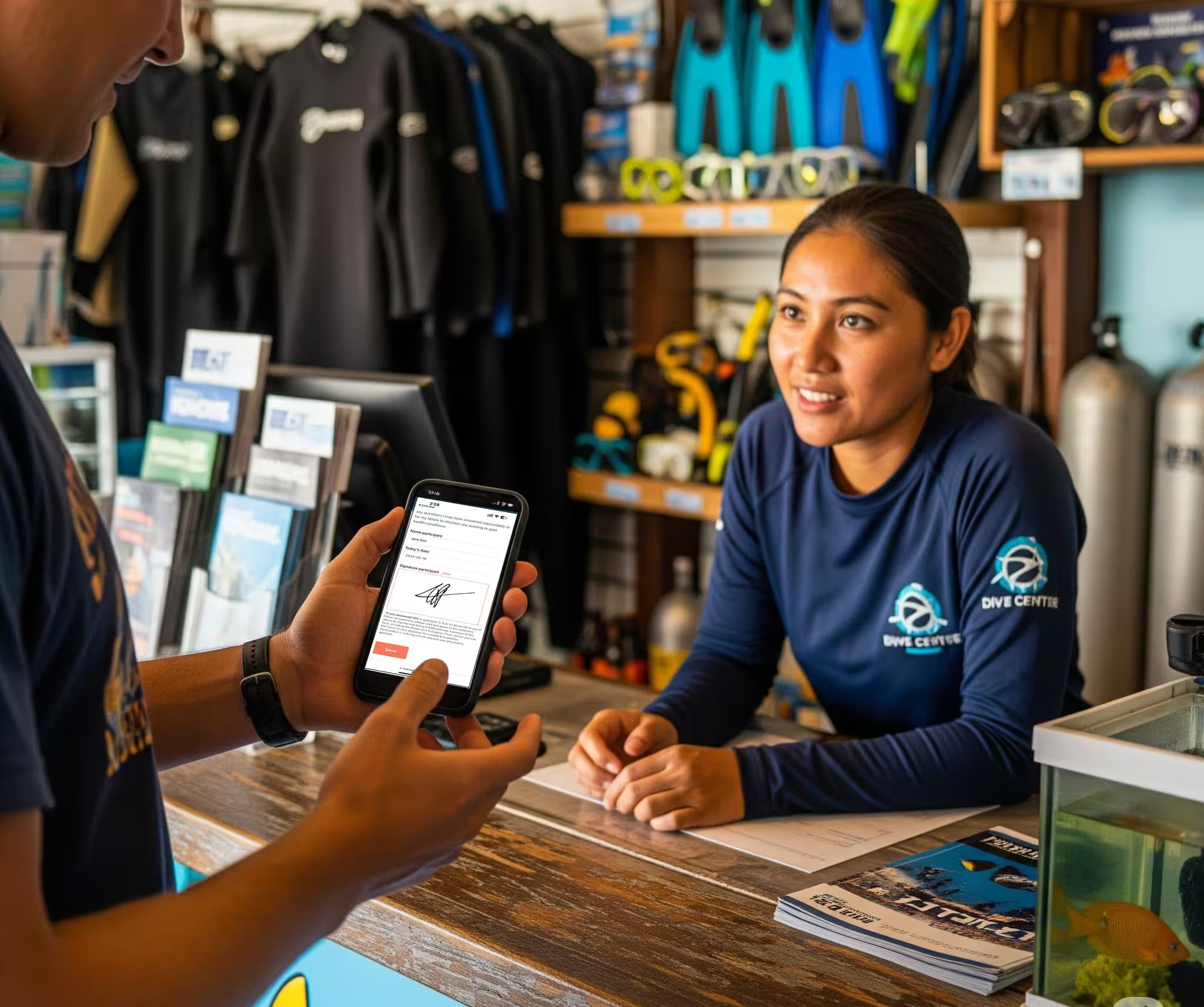
The role of standard waivers
Standard waivers from organizations exist for a reason. They’ve been refined over decades, tested in courts, and recognized across the global dive community. These documents are the bedrock of liability management. They clearly spell out the risks that come with scuba diving and make sure divers acknowledge those risks before ever stepping into the water.
For your dive centre, I think this isn’t just a legal formality. It’s a line of defense that shows you’ve taken the proper steps to inform your guests, and it’s one of the first things lawyers and insurers will look for if anything goes wrong. Because they are standard, they’re also widely accepted by dive professionals, travel agents, and training agencies, creating a shared language of safety across the industry.
But here’s the catch: while they cover the basics, they’re intentionally broad. They’re designed to apply to every dive operation in the world, whether you’re running a small local shop or a large international resort. That’s great for consistency, but it also means these waivers don’t account for the unique risks, rules, or situations your centre faces day-to-day.
Why Customized Waivers Matter
Standard forms lay the groundwork, but customized waivers bring real-world protection to your business. Here’s I think why they’re worth the effort:
- Address unique risks: Cover situations that agency forms skip, such as boat travel hazards, weather delays, or gear damage.
- Set clear expectations and build trust with guest: Guests know upfront what’s expected of them and what you provide in return, reducing disputes.
- Strengthen legal standing: Courts are more likely to uphold agreements that are specific and relevant to your operations.
- Protect your revenue: Clear terms around cancellations, equipment use, or extras reduce costly misunderstandings.
- Support professionalism: A dive centre with well-prepared documents looks organized and reliable to both guests and partners.
- Simplify staff operations: With custom digital waivers, your team won’t have to guess what rules apply in each situation.
Additional Waivers Every Dive Centre Should Consider
Besides the standard waivers provided by agencies, every dive centre benefits from having additional, tailored documents in place. In my opinion, these custom forms address situations that generic liability waivers often miss, giving you stronger protection while setting clear expectations for your guests. Here are practical, custom forms that add real value:
- Terms and Conditions: Outlines your shop rules, cancellation policies, and payment expectations.
- Boat Trip Liability Waiver: Covers risks like seasickness, weather delays, and potential hazards while on vessels.
- Equipment Rental Agreement: Clarifies guest responsibility for rental gear, including loss or damage to items such as regulators or BCDs.
- Photography/Media Release Form: Secures permission to use guest photos or videos in your marketing efforts.
- Package or Add-on Waiver: Protects your centre when offering extras such as accommodation, transport, or third-party excursions.
- Event-Specific Waiver: Covers unique risks tied to one-off activities like underwater cleanups, night dives, or photography workshops.
Why It Needs to Be Digital and How Diversdesk Makes It Easier
Paper forms have had their time, but in a fast-moving dive centre they create more problems than they solve. Papers get lost, signatures get missed, and staff end up wasting precious time chasing documents instead of focusing on guests. Digital waivers aren’t just about convenience, they’re about reliability, security, and professionalism.
With Diversdesk, this part becomes much simpler. The system comes preloaded with the standard waivers from agencies, so you don’t need to start from scratch. On top of that, you can build custom waivers that fit your centre’s unique needs. Every form is digital, linked directly to bookings, and stored safely in one place. Guests receive their waiver links before they even arrive, fill them out online, and you have everything ready at check-in. No paperwork stacks in the office, no last-minute scrambles on the boat. Just a smooth, stress-free process that saves your staff time and shows your customers you run a professional, organized operation.
Final Thoughts
Waivers aren’t just paperwork. They’re a vital part of protecting your dive centre and building trust with your guests. Standard agency forms give you a solid foundation, but they can’t cover every detail of your day-to-day operations. That’s where customized waivers make the difference.
By going digital with Diversdesk, I believe you not only safeguard your business legally but also make the experience smoother for your customers and your team. At the end of the day, a well-prepared dive centre isn’t just safer, it feels more professional and reassuring for every guest who walks through your door.

